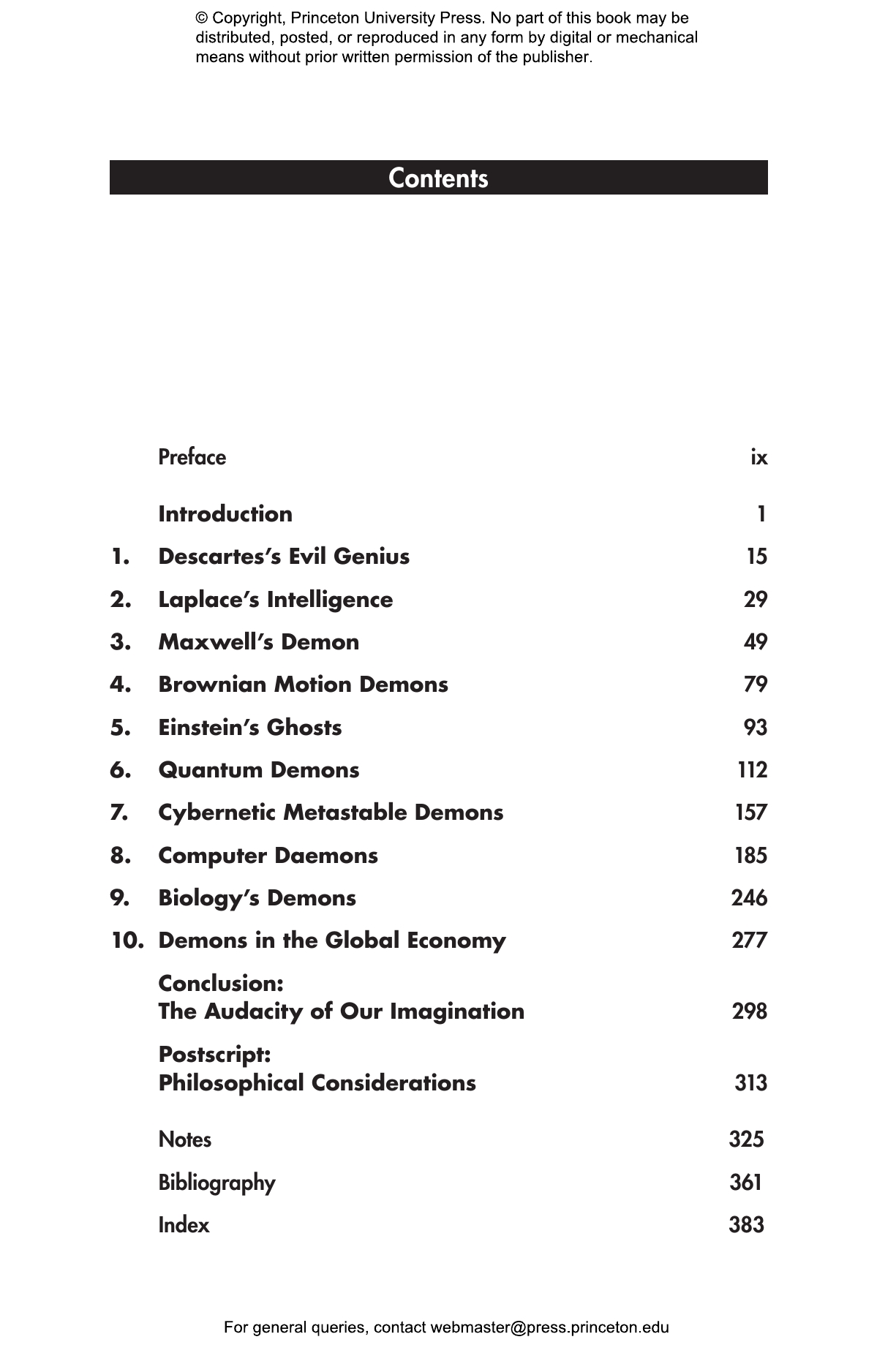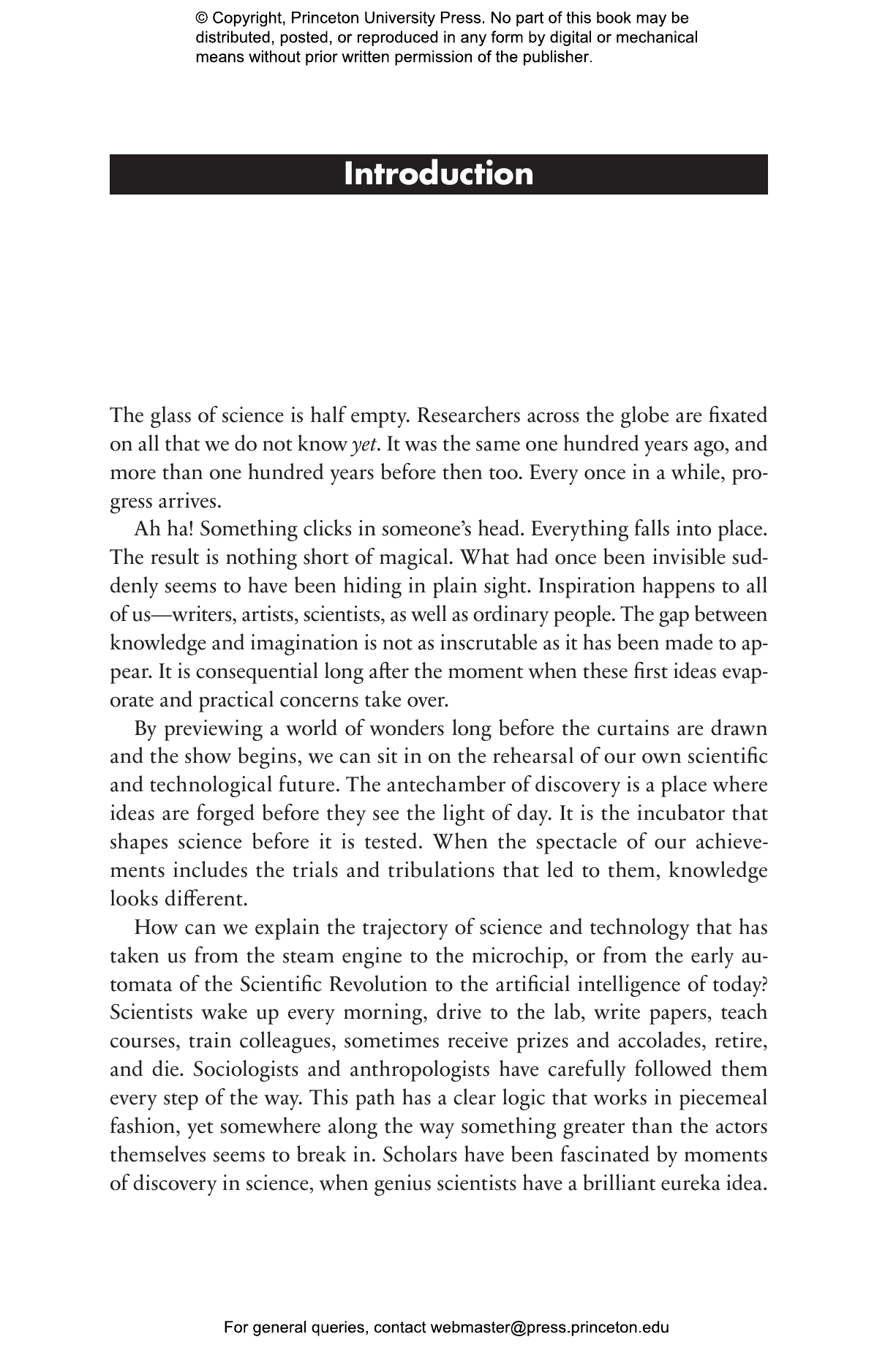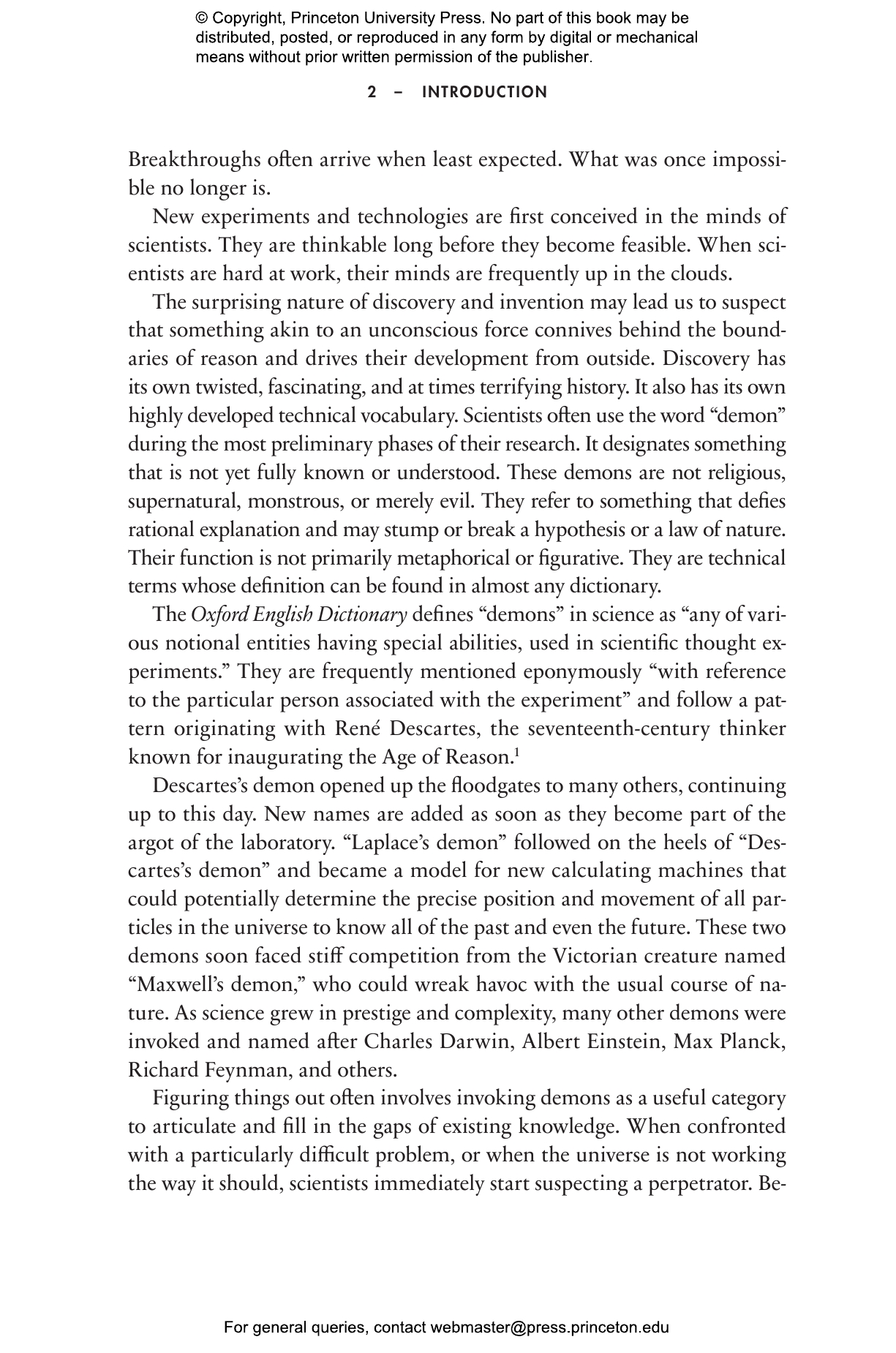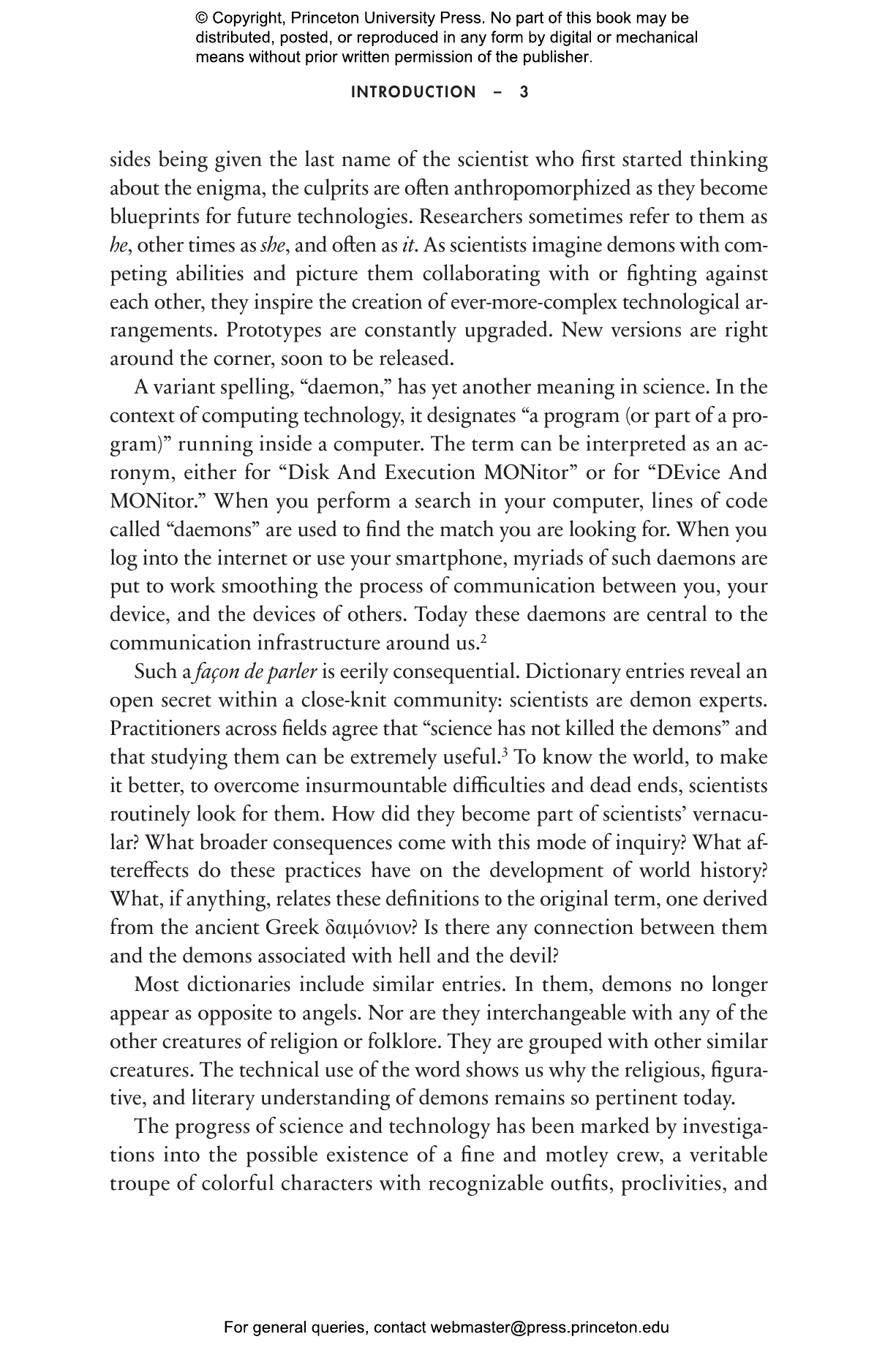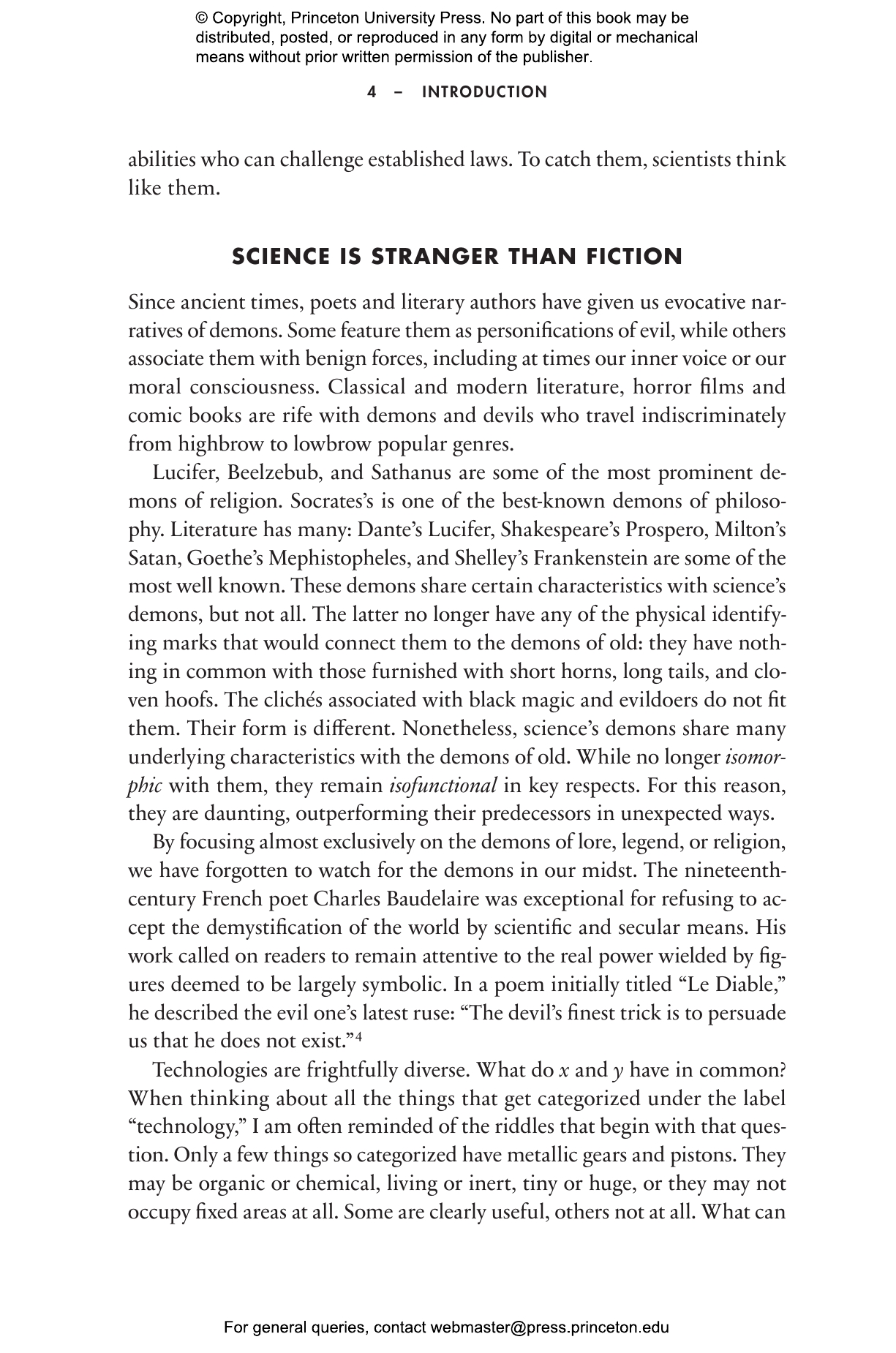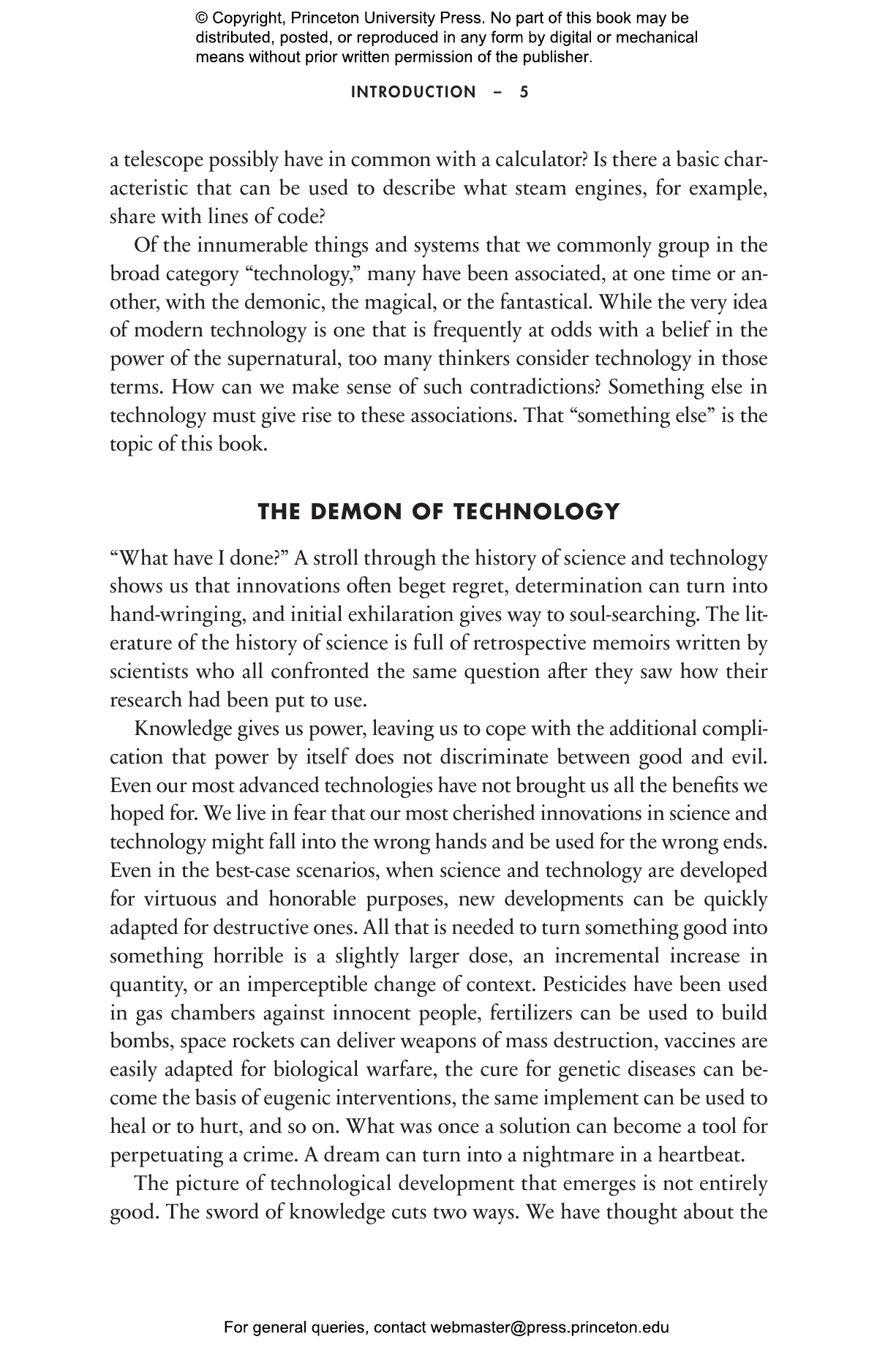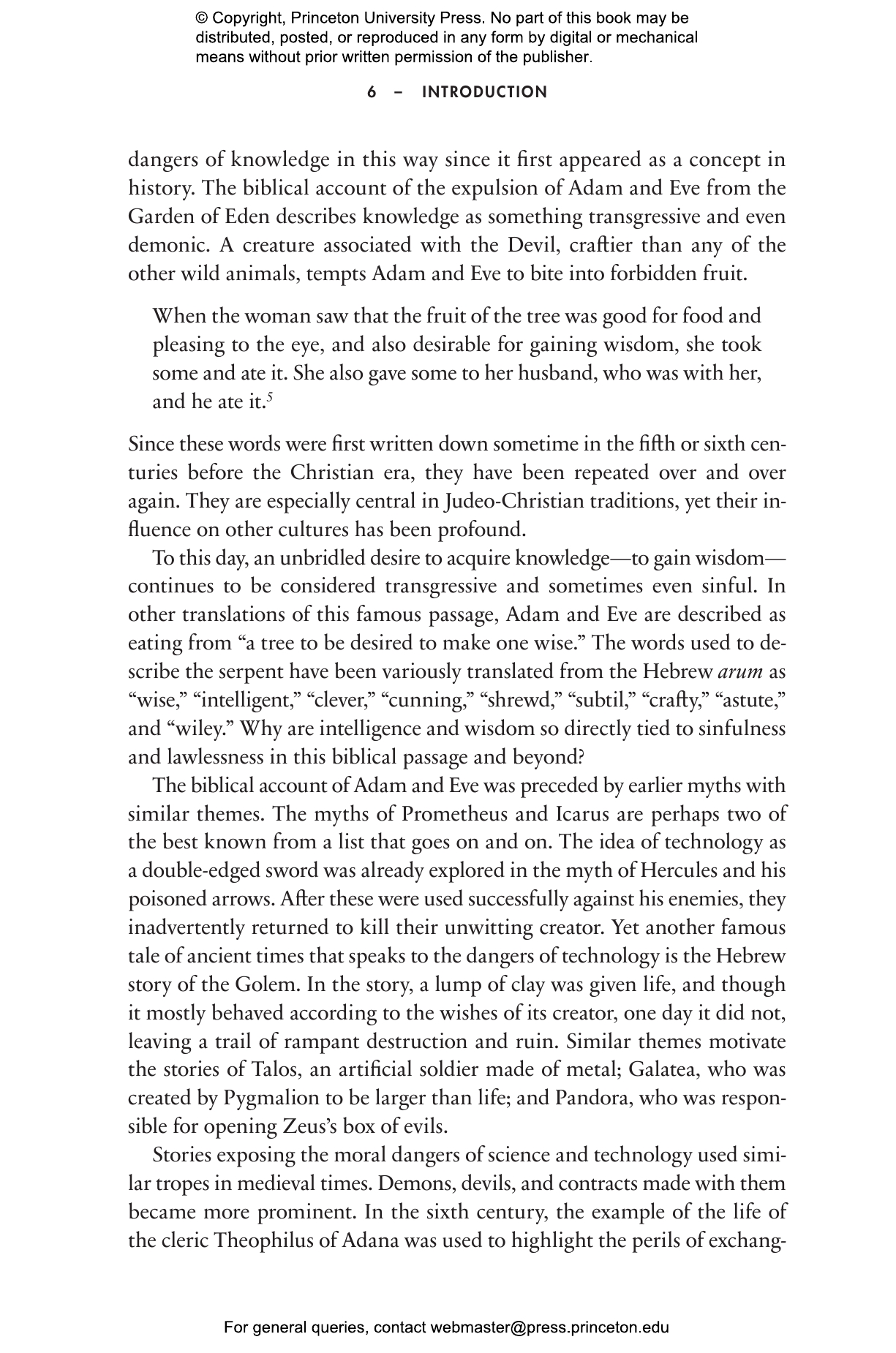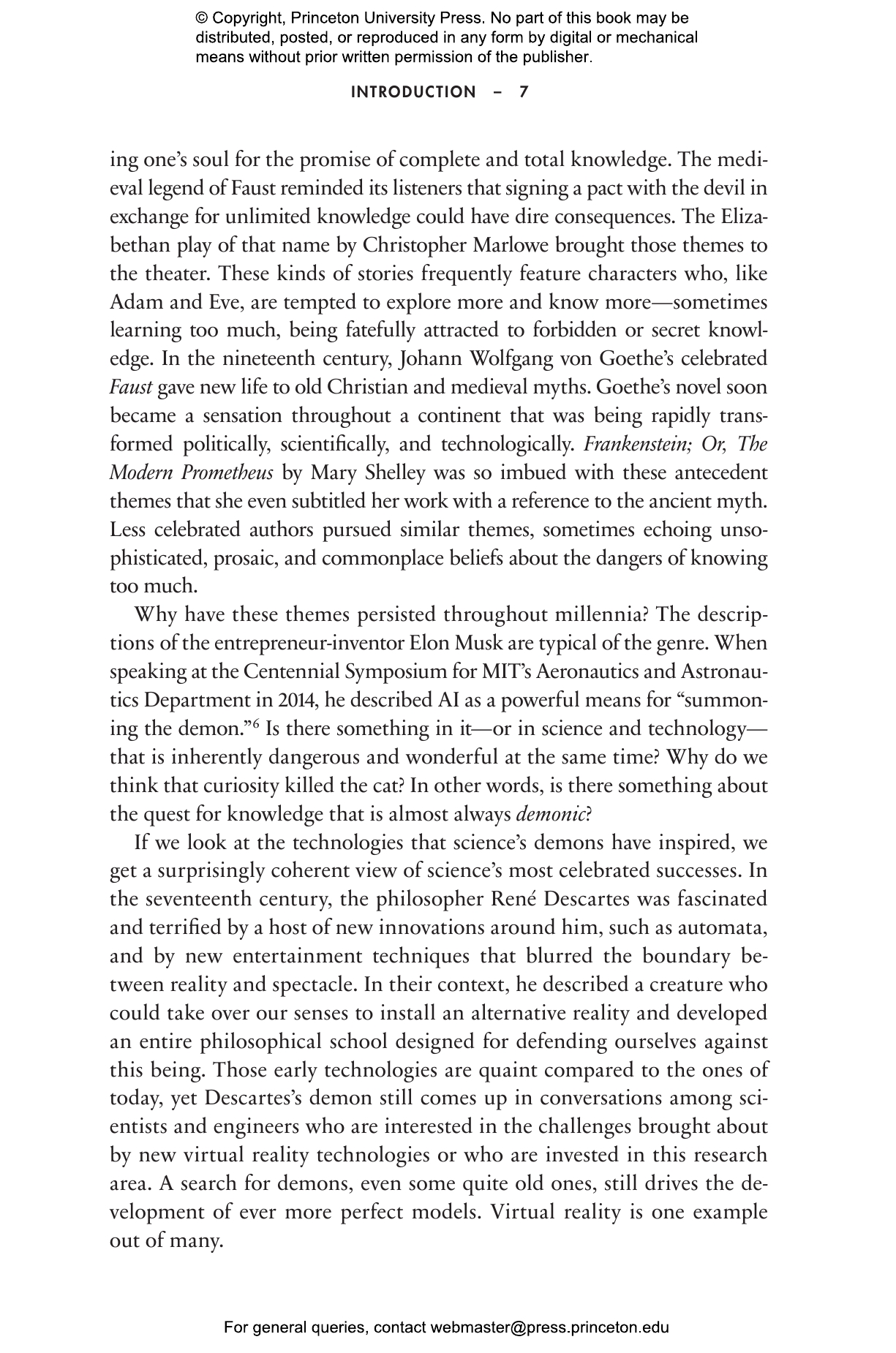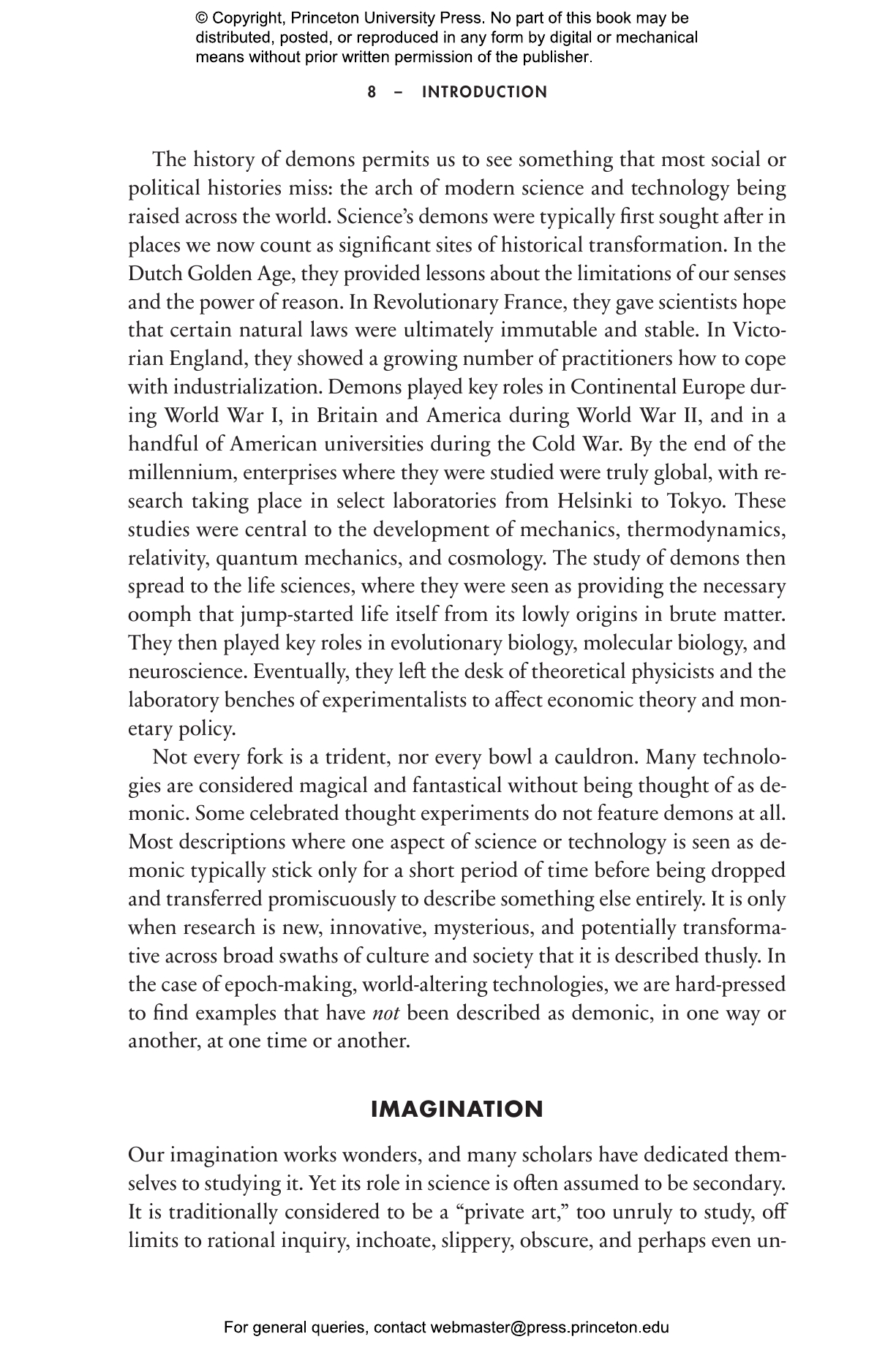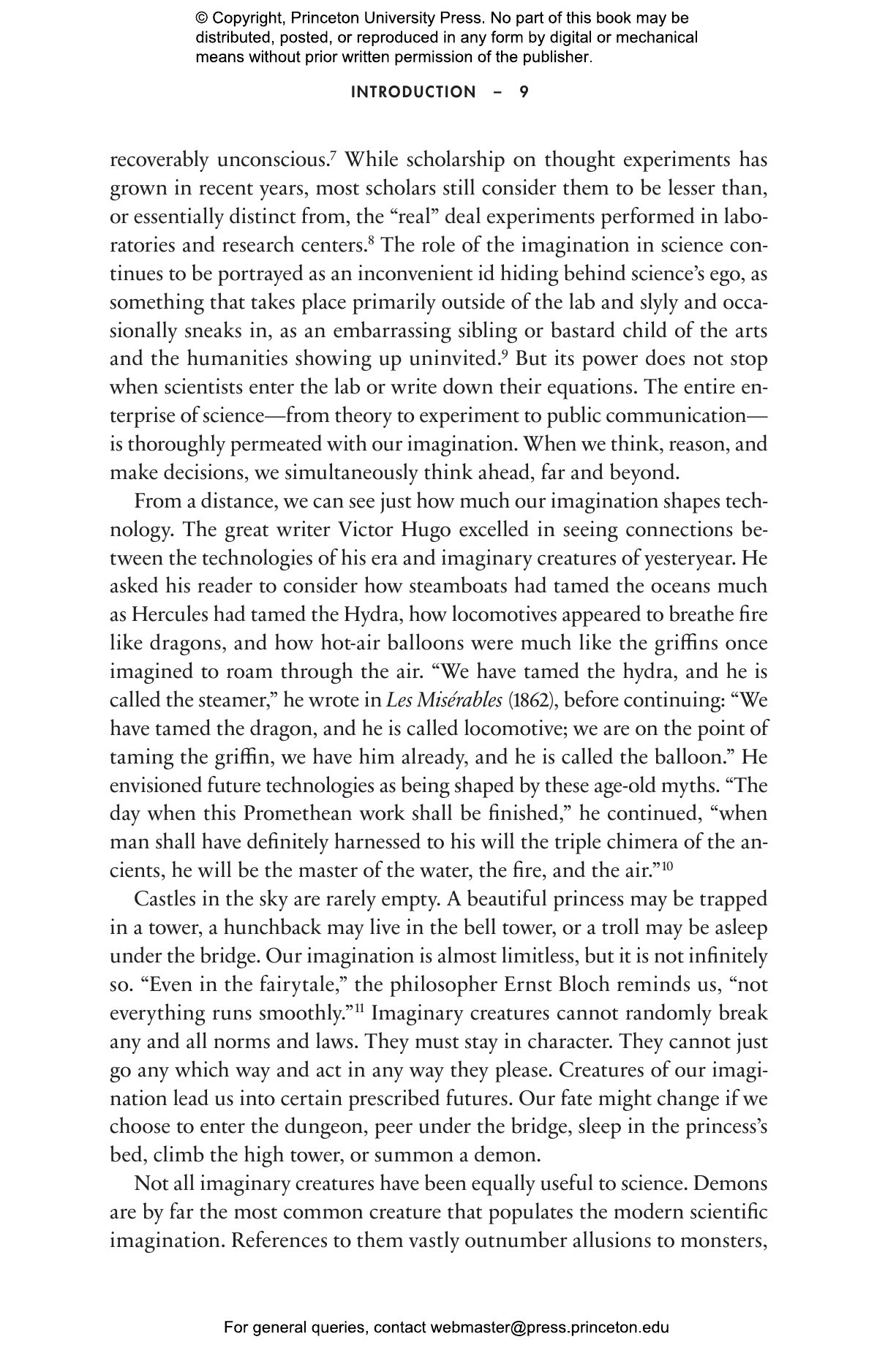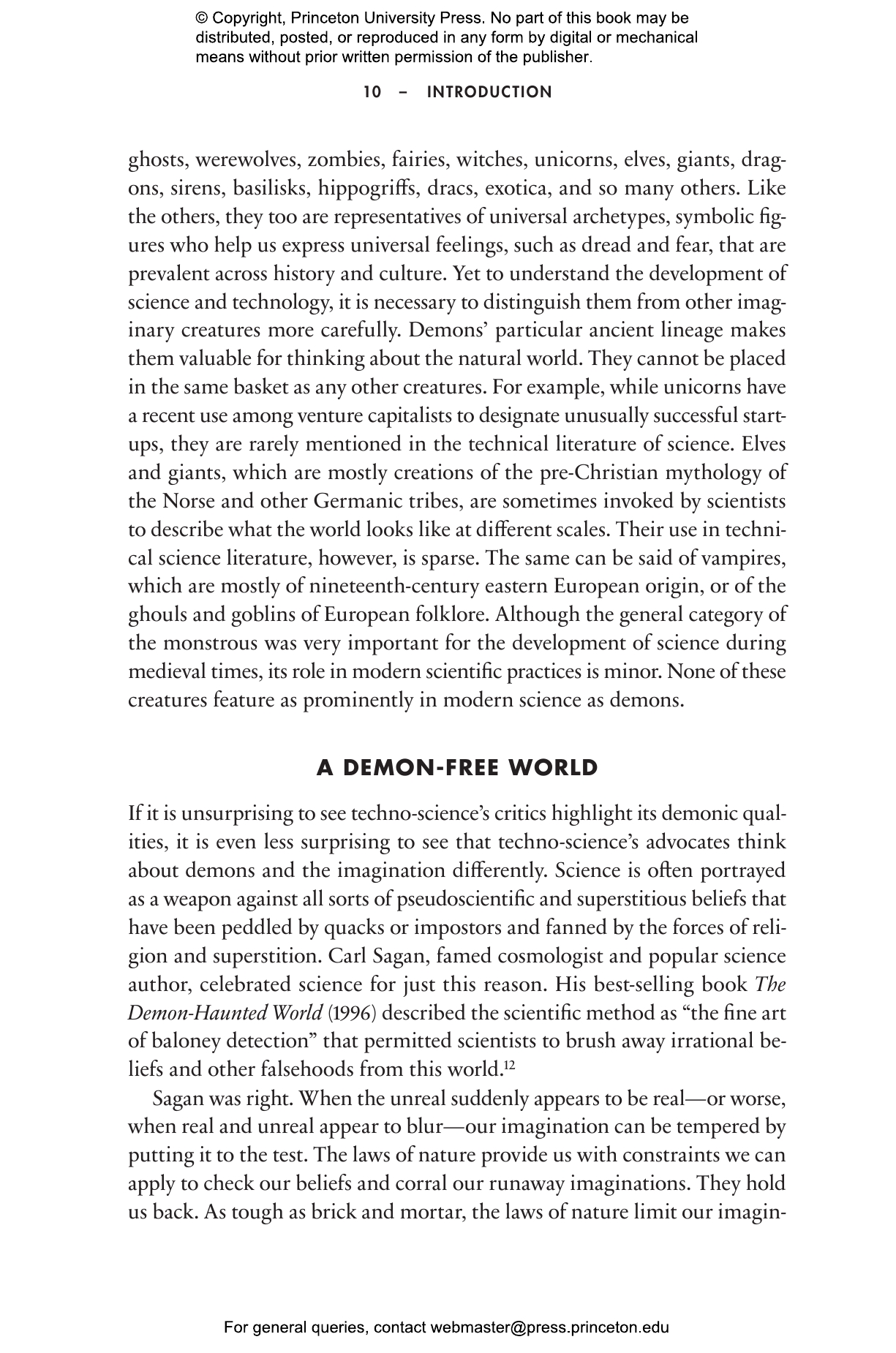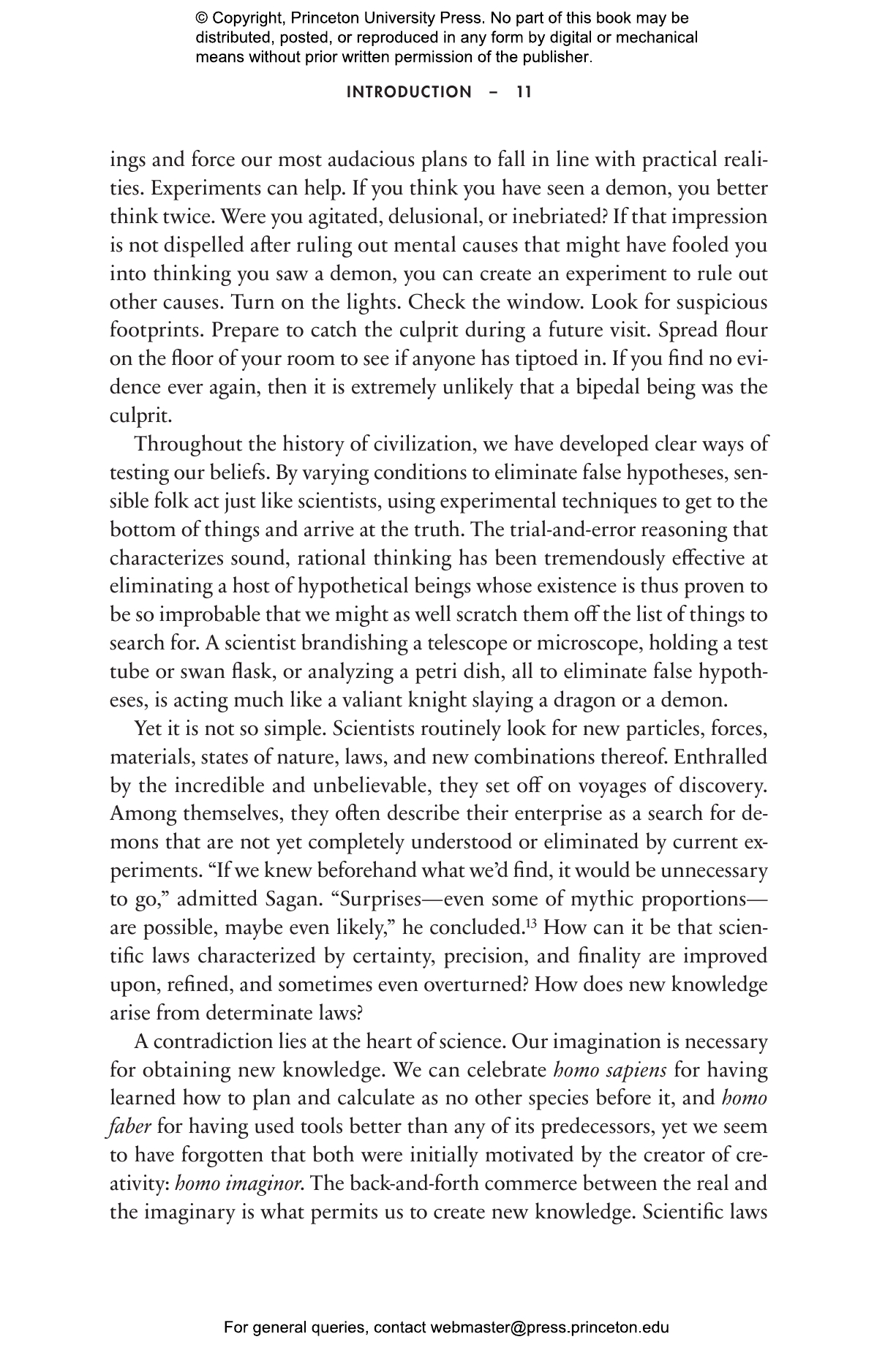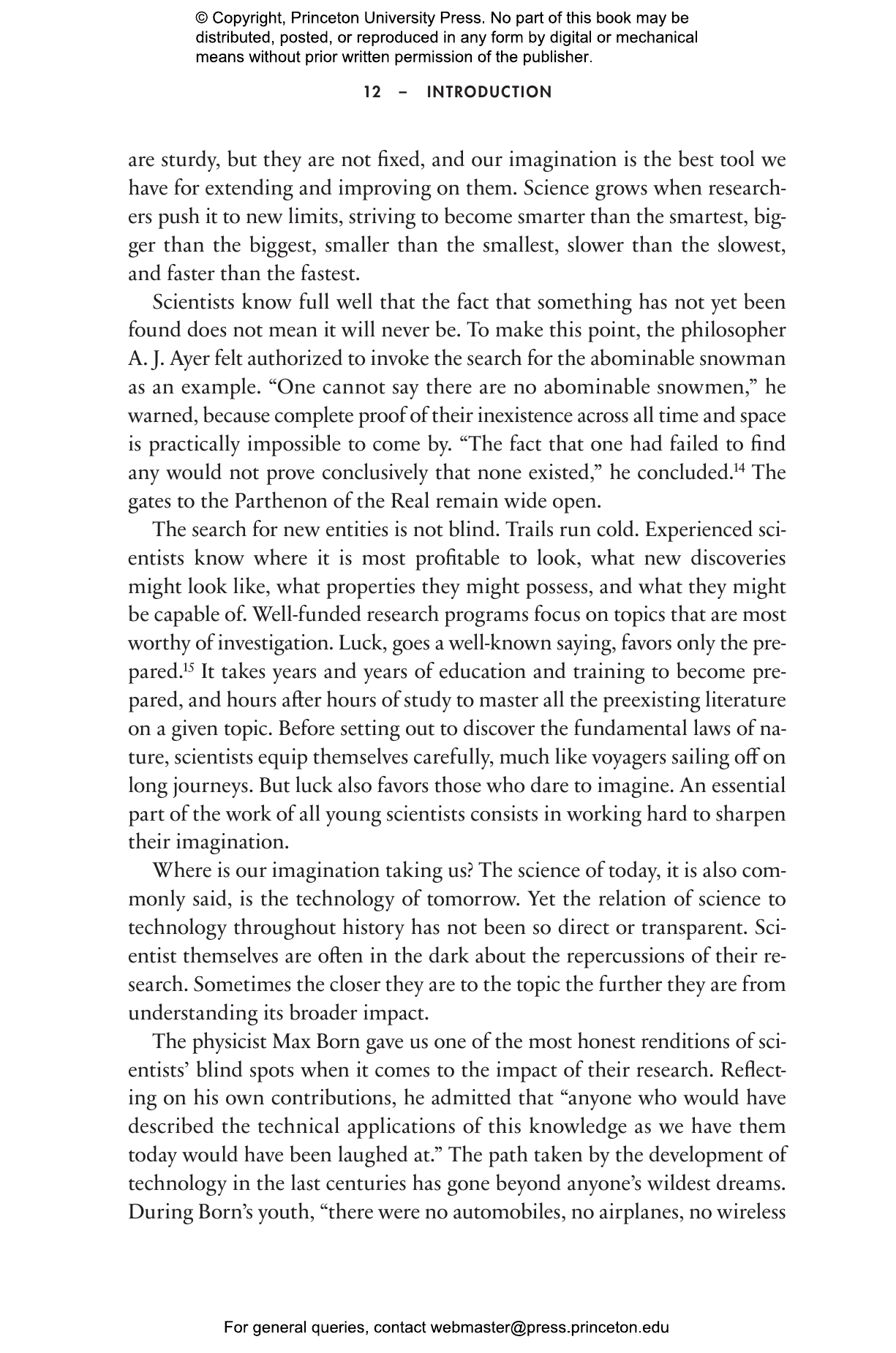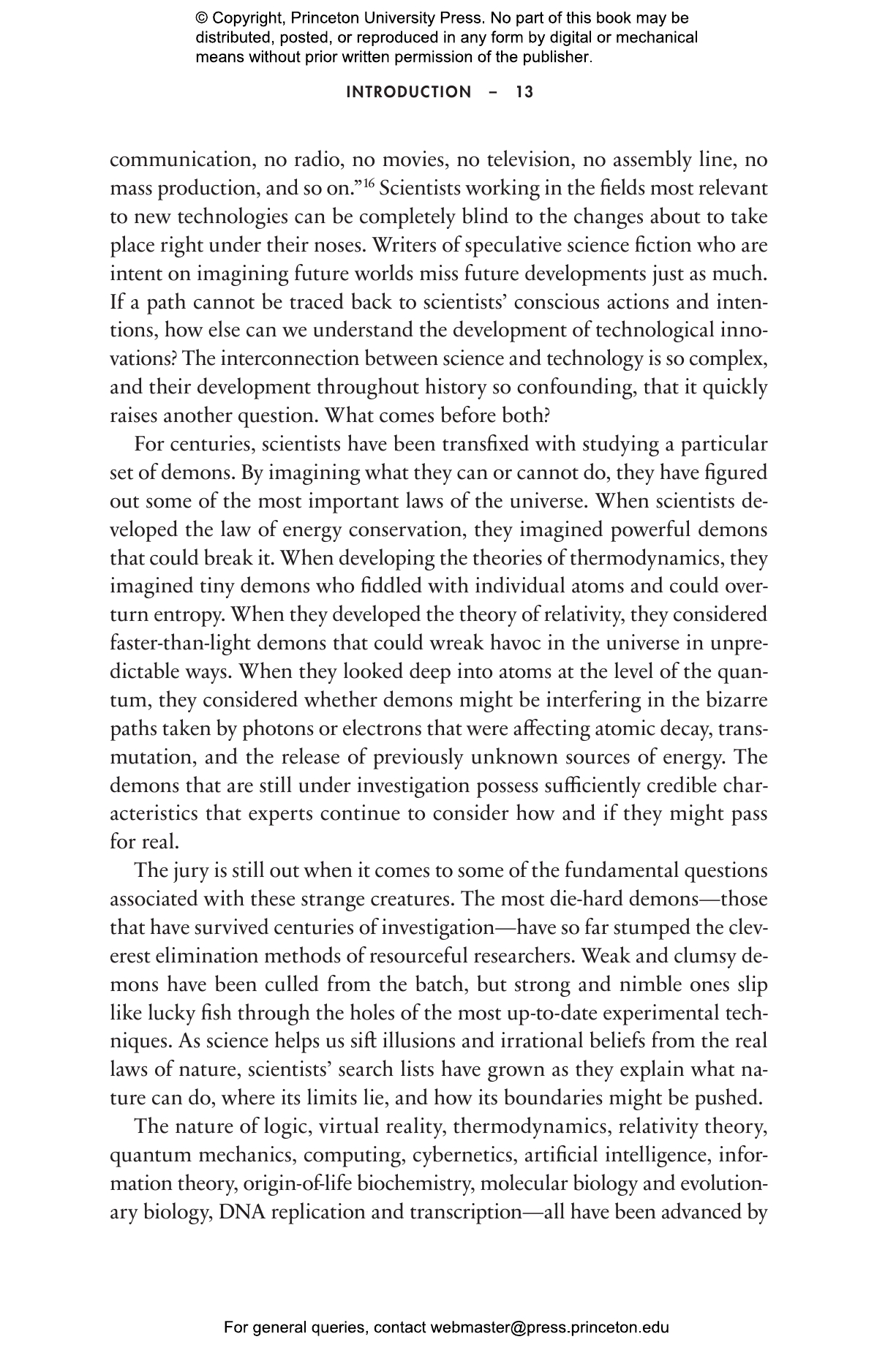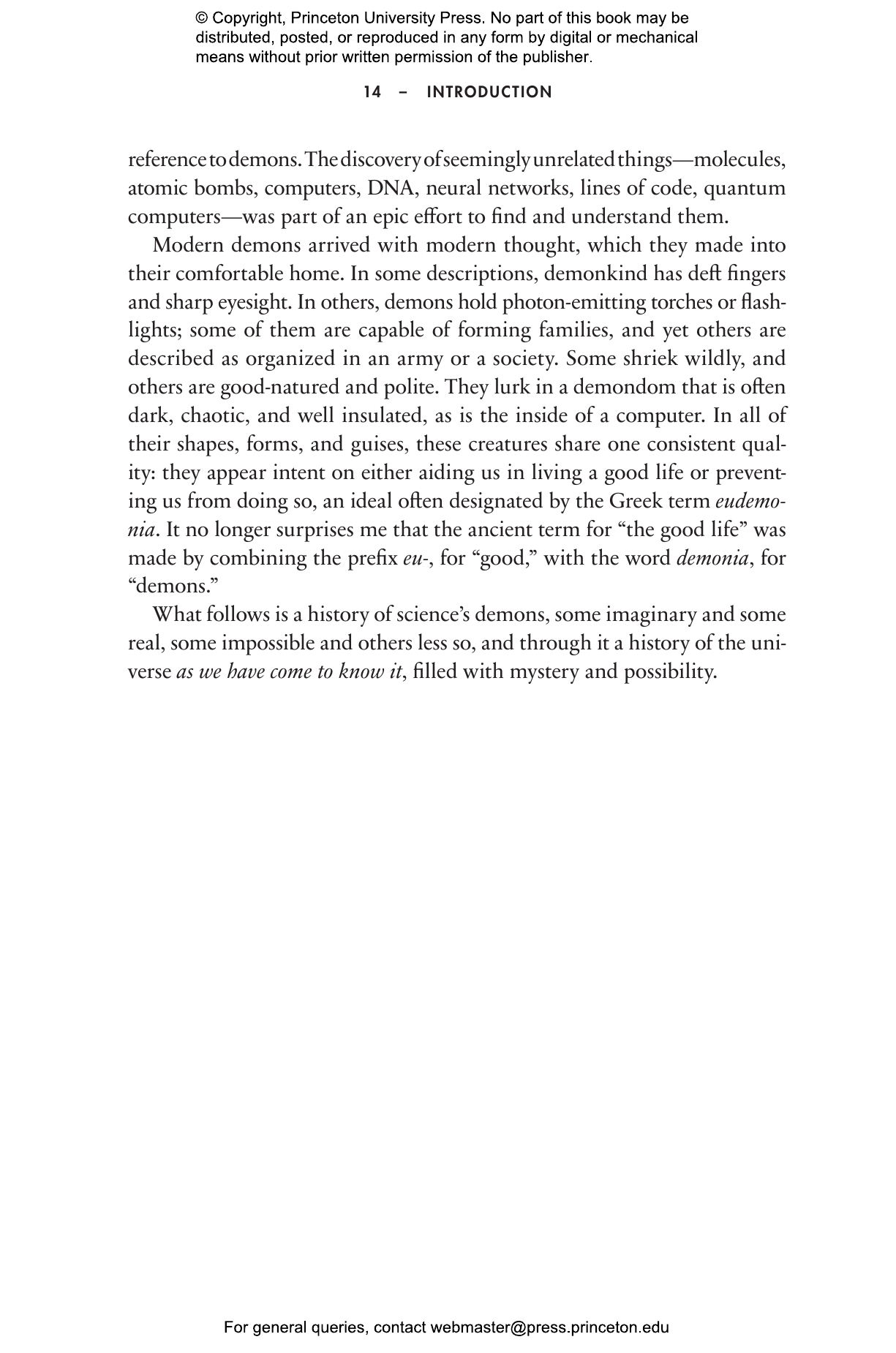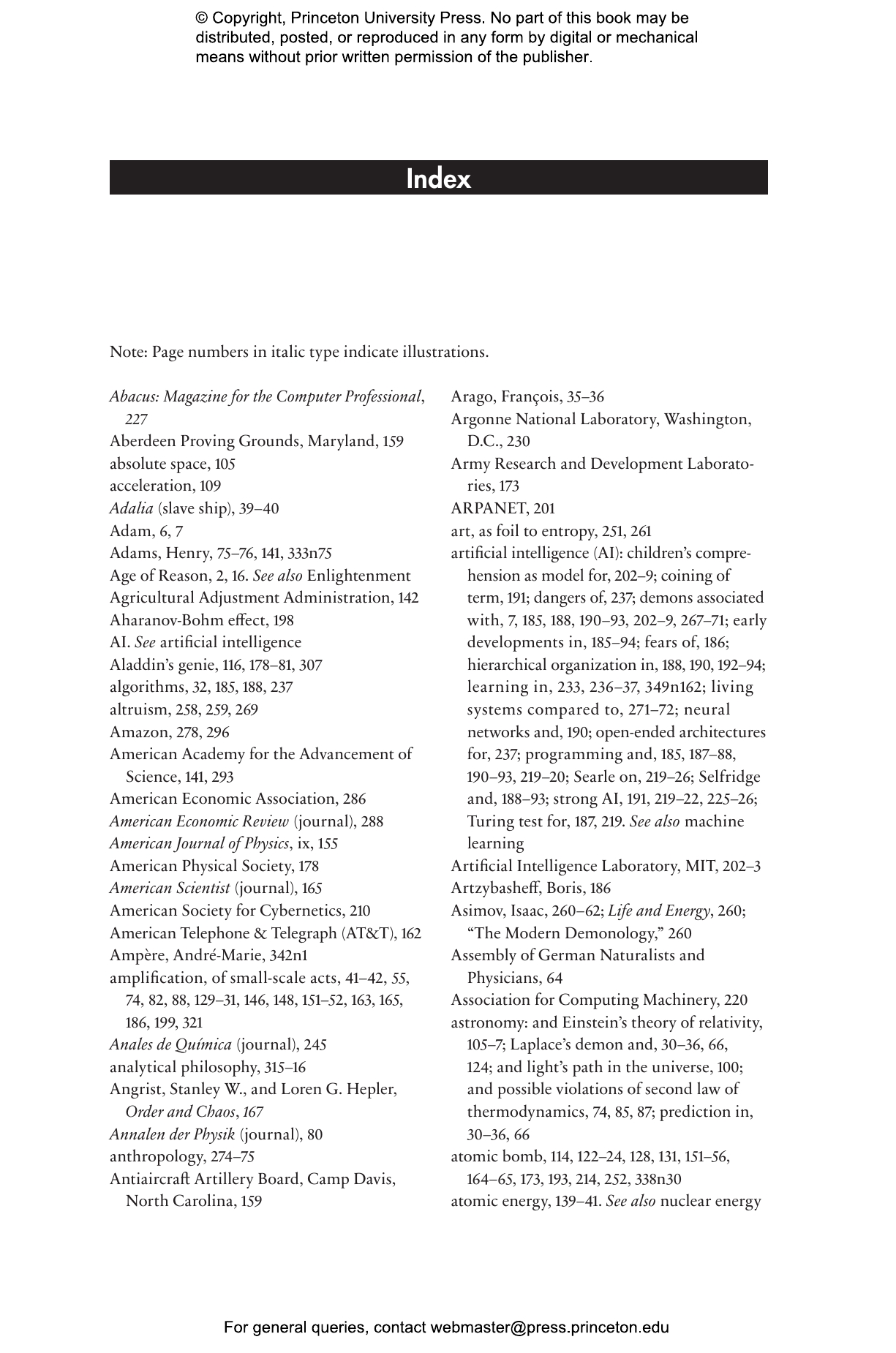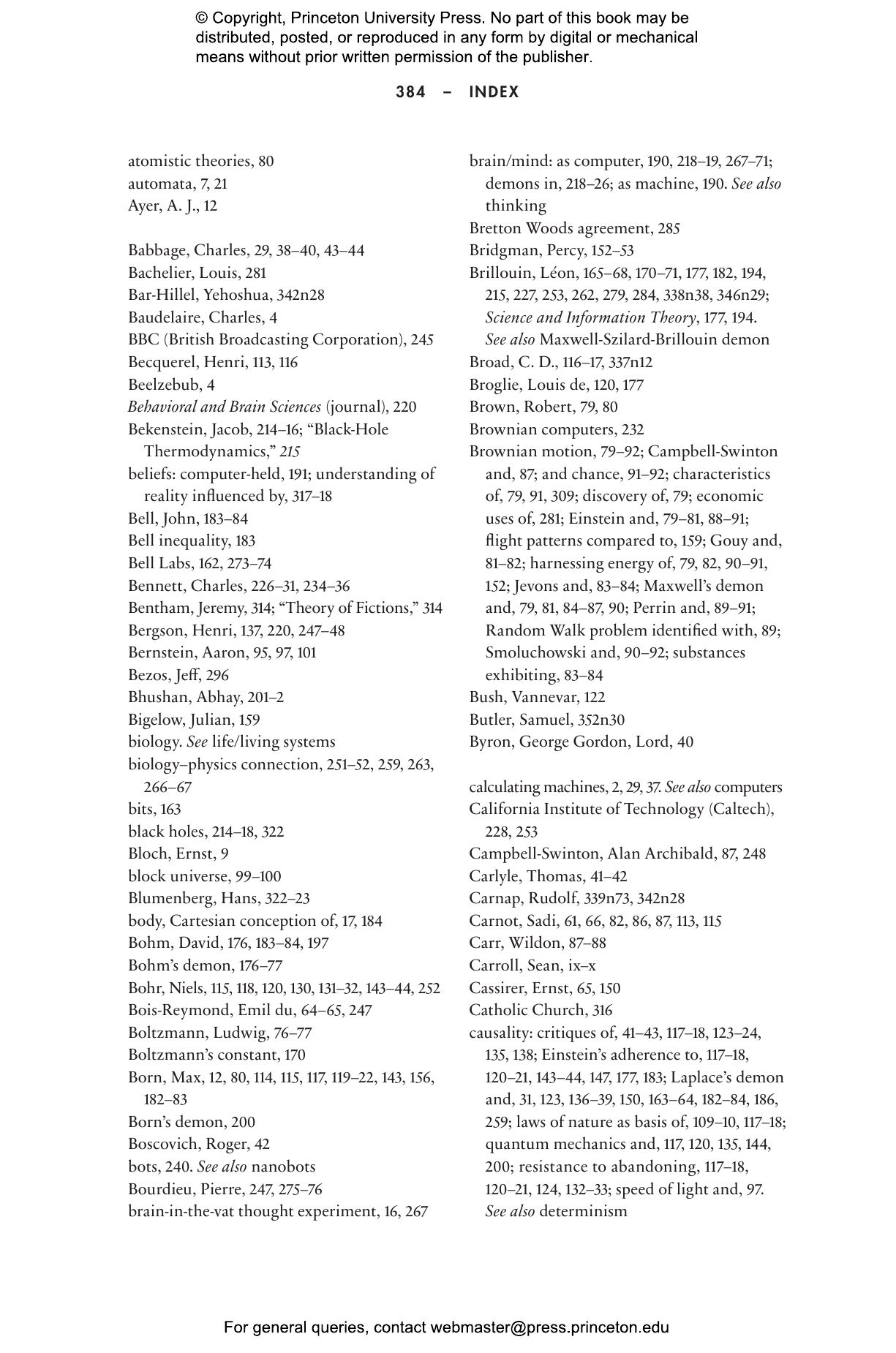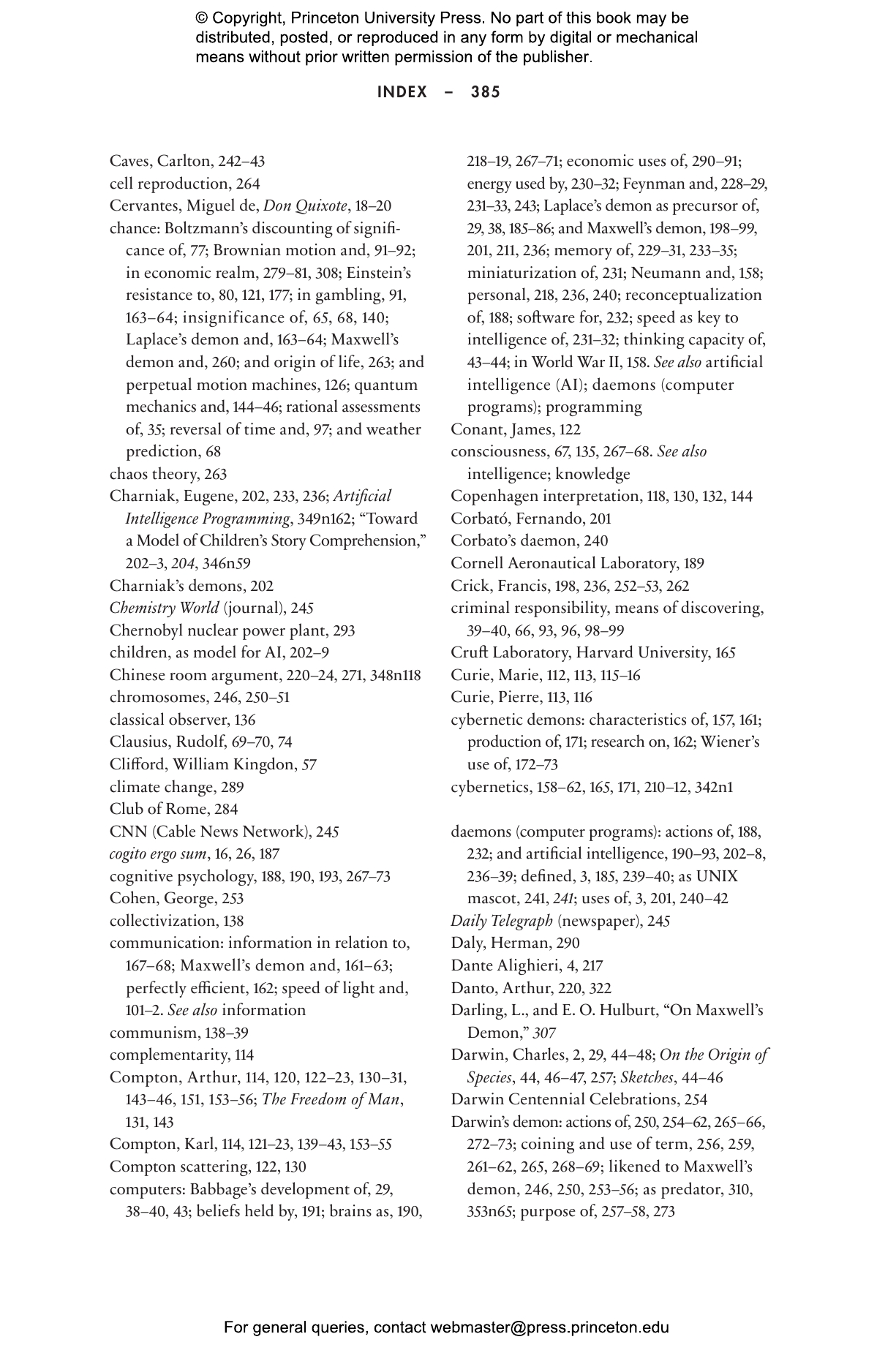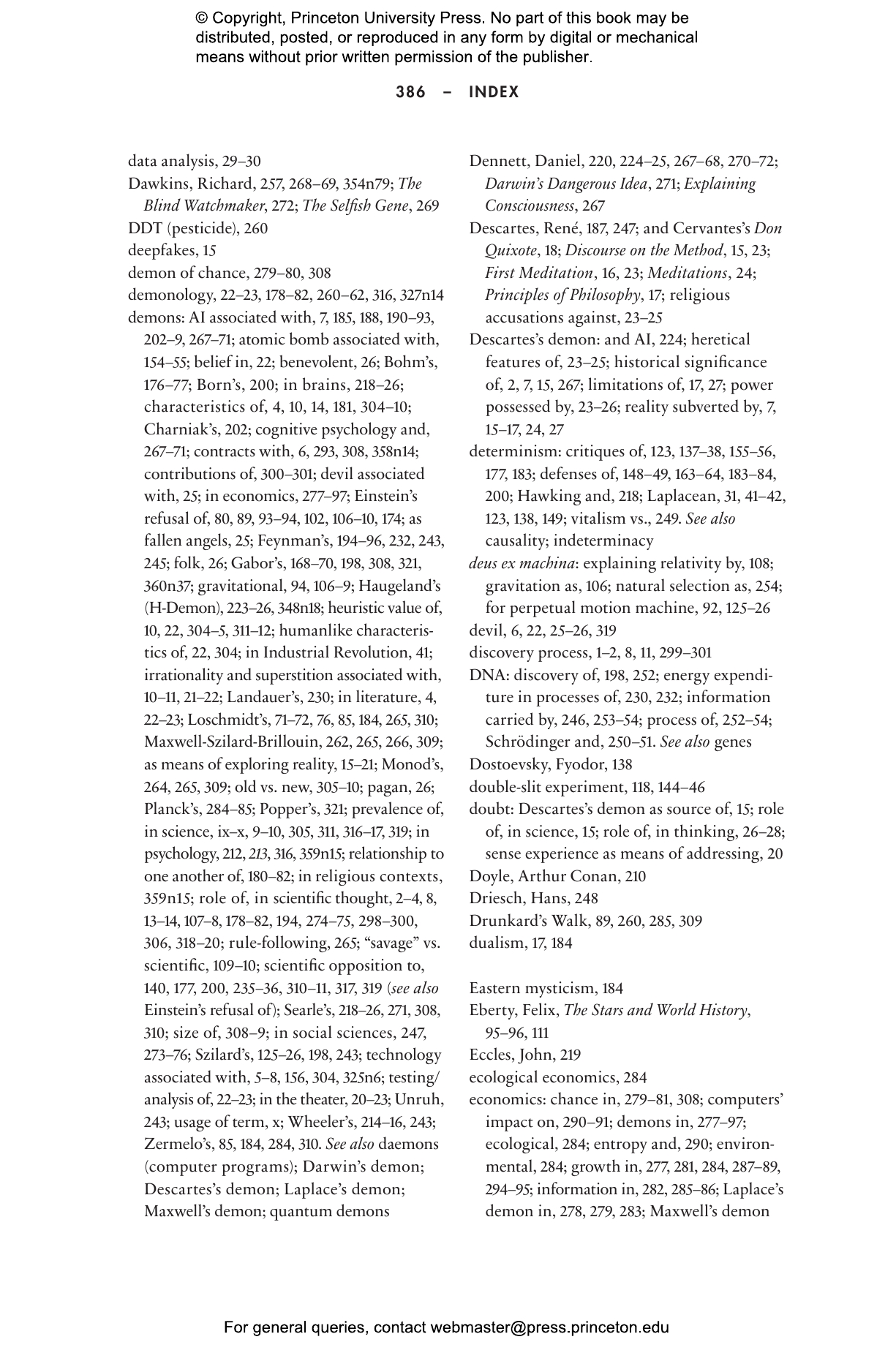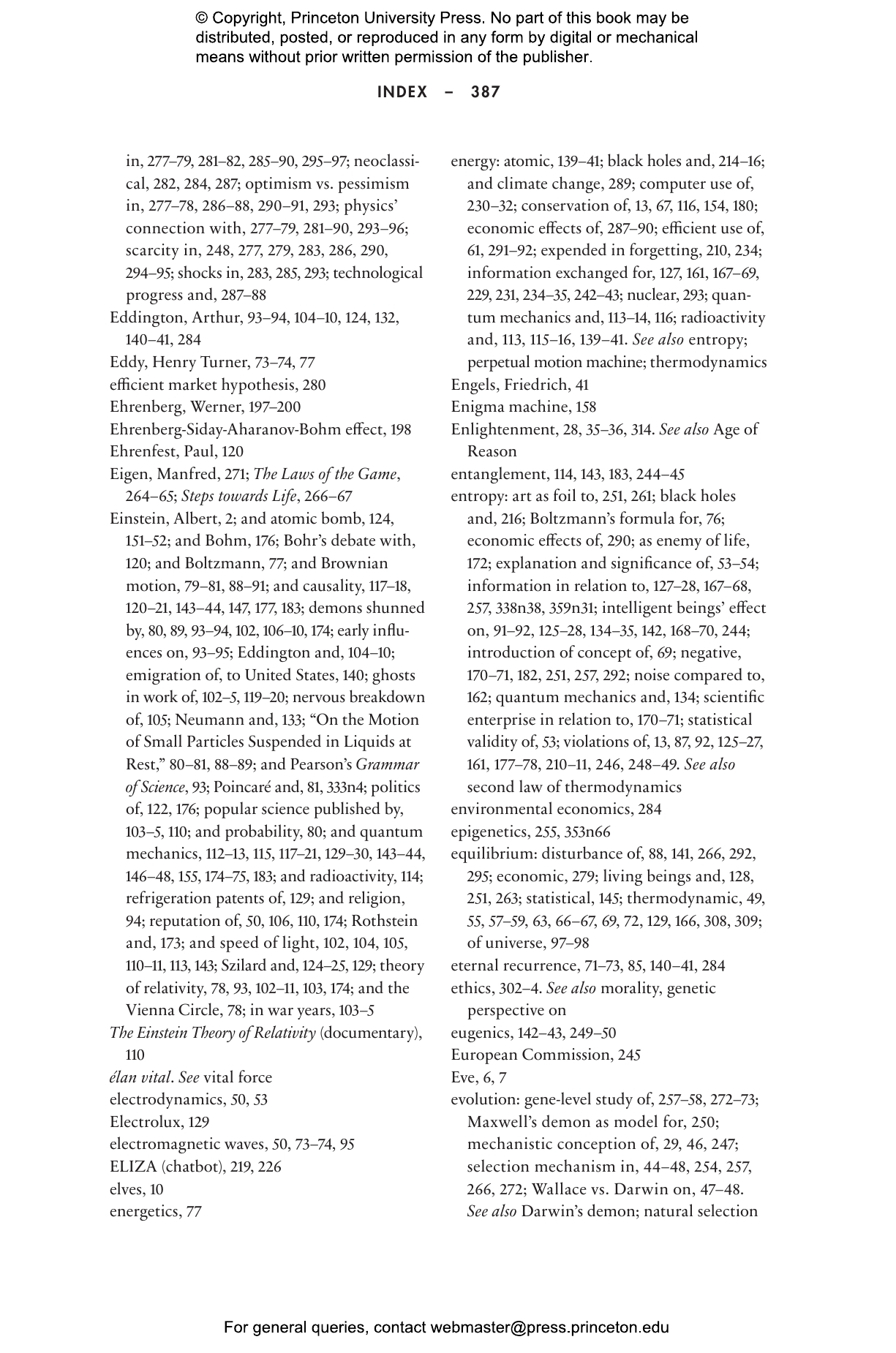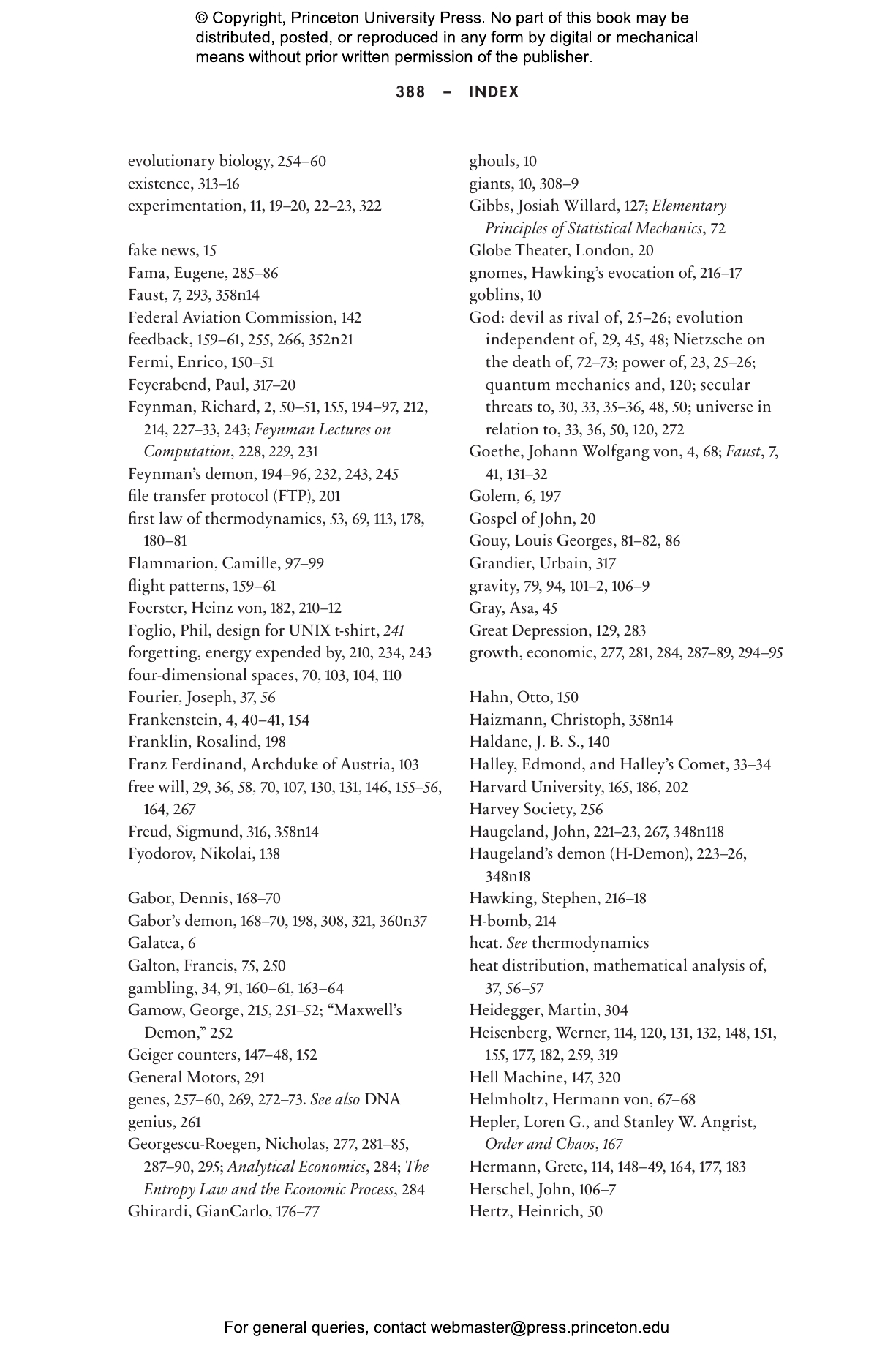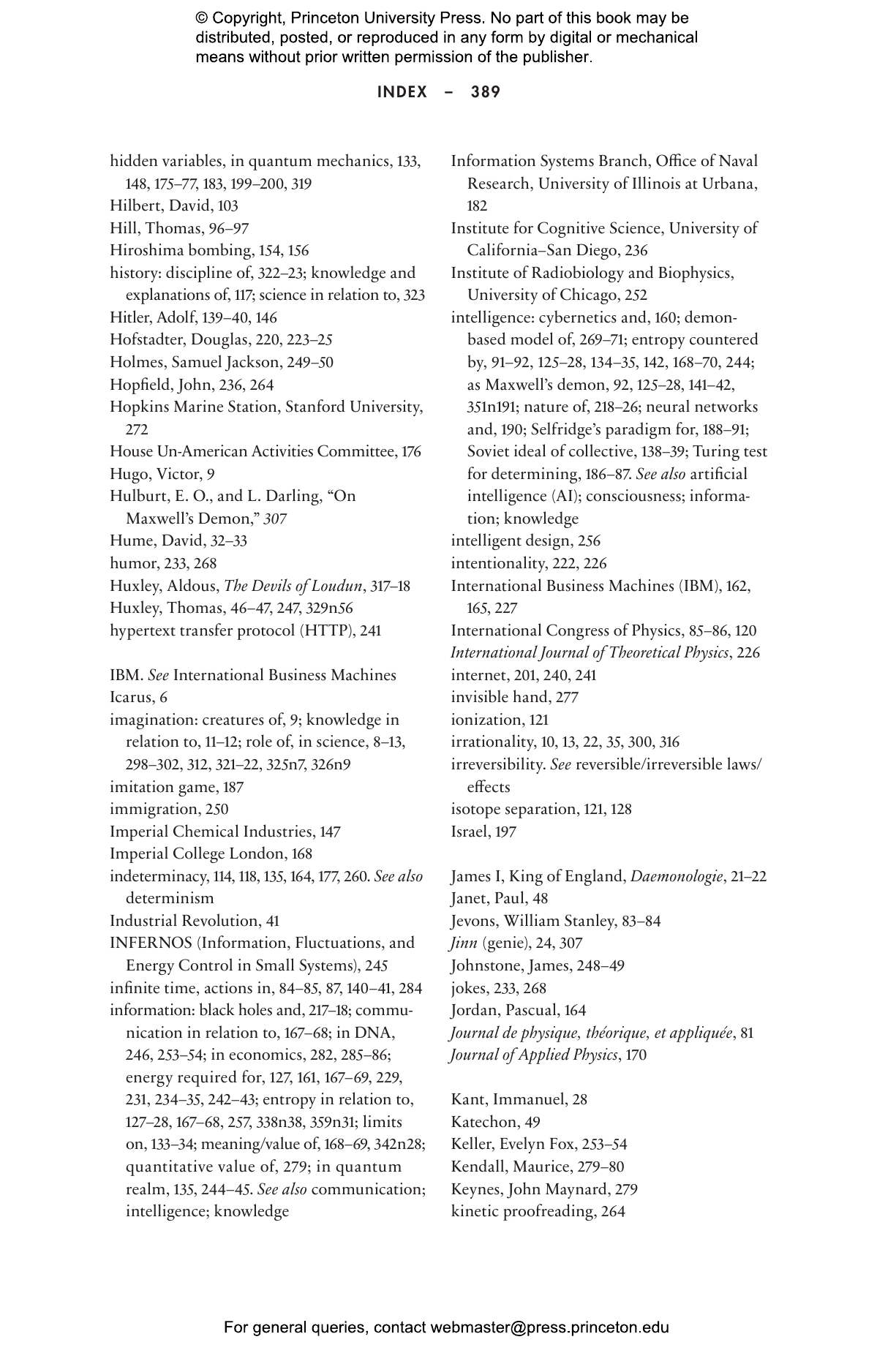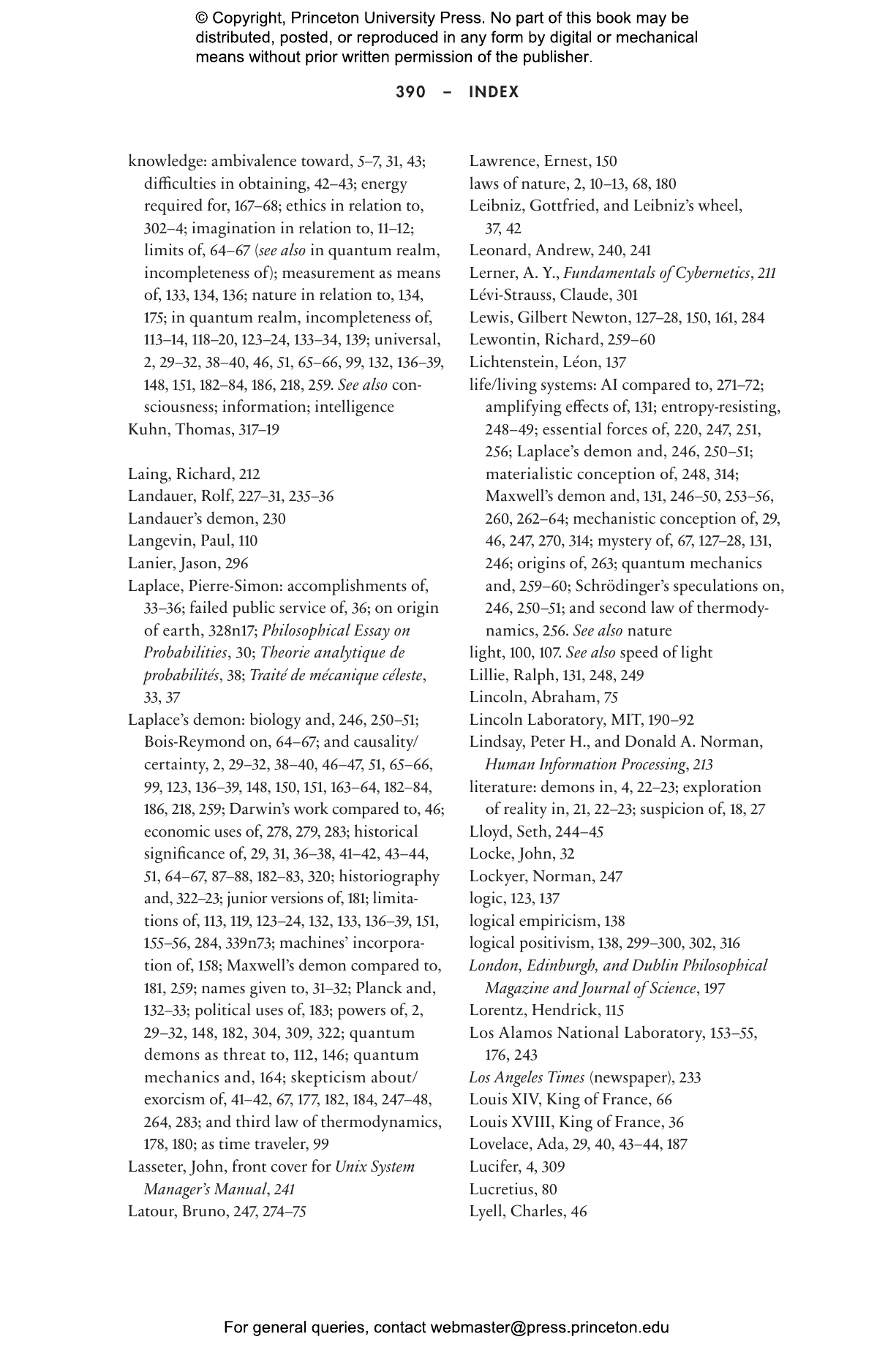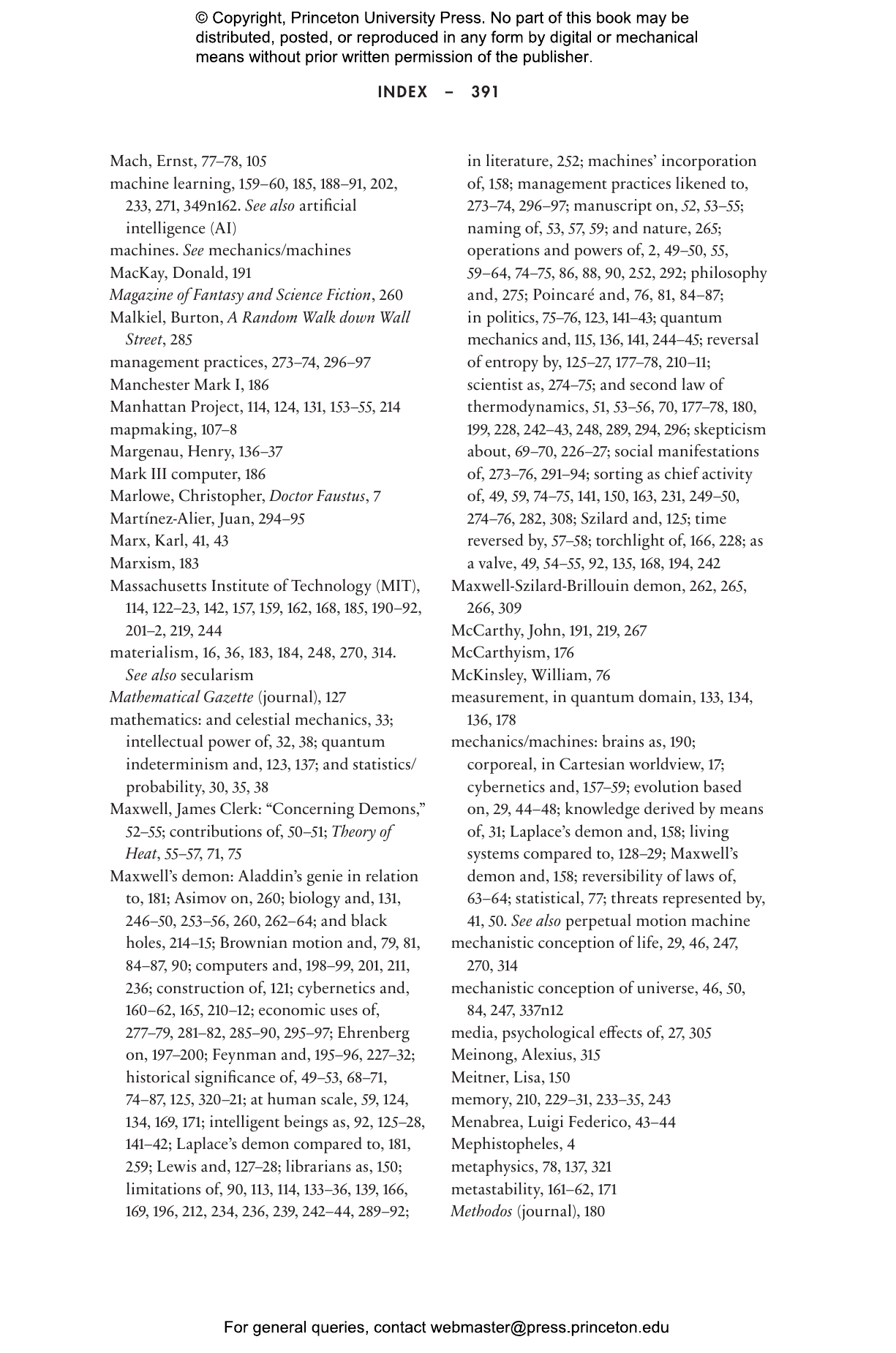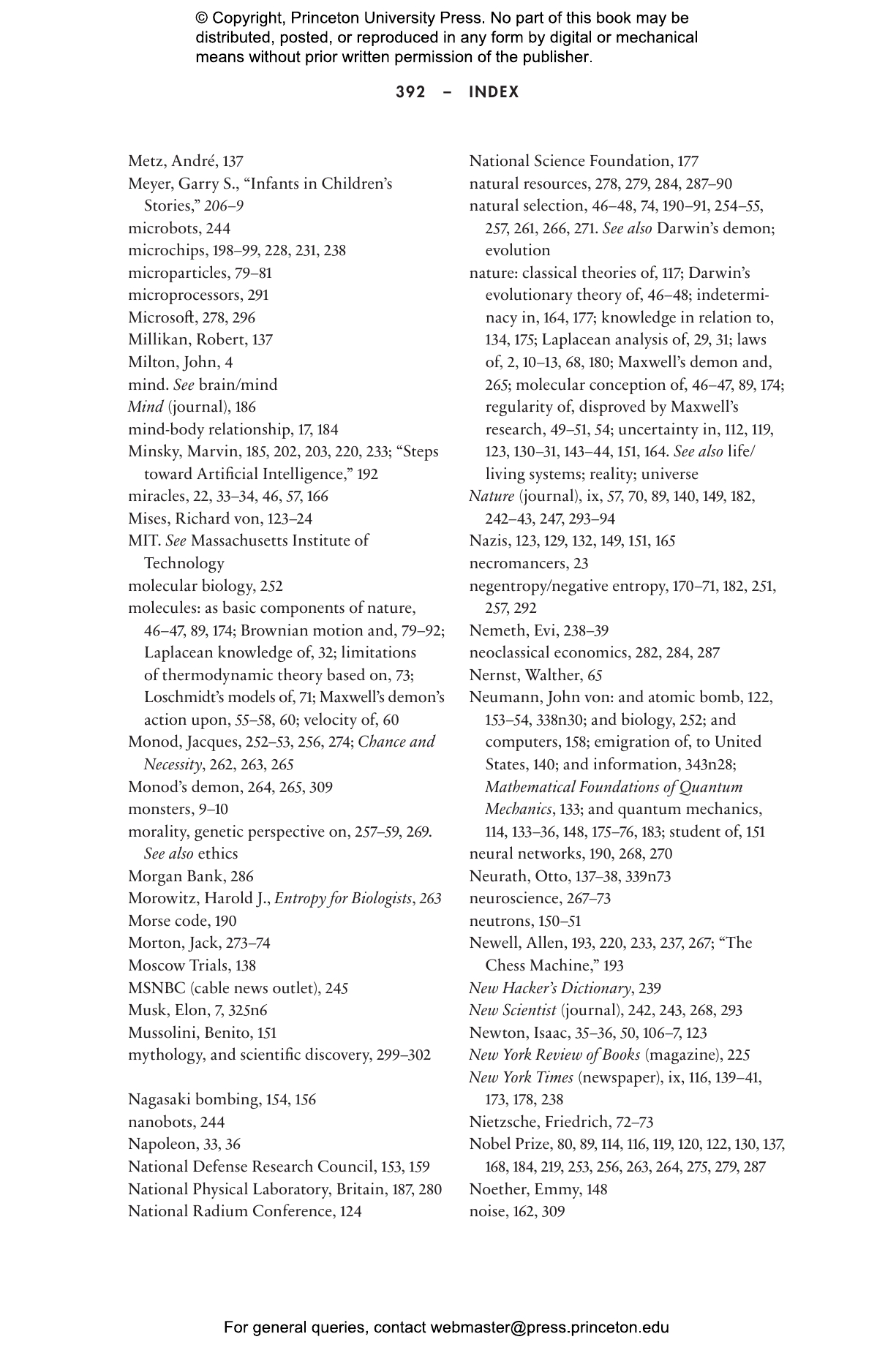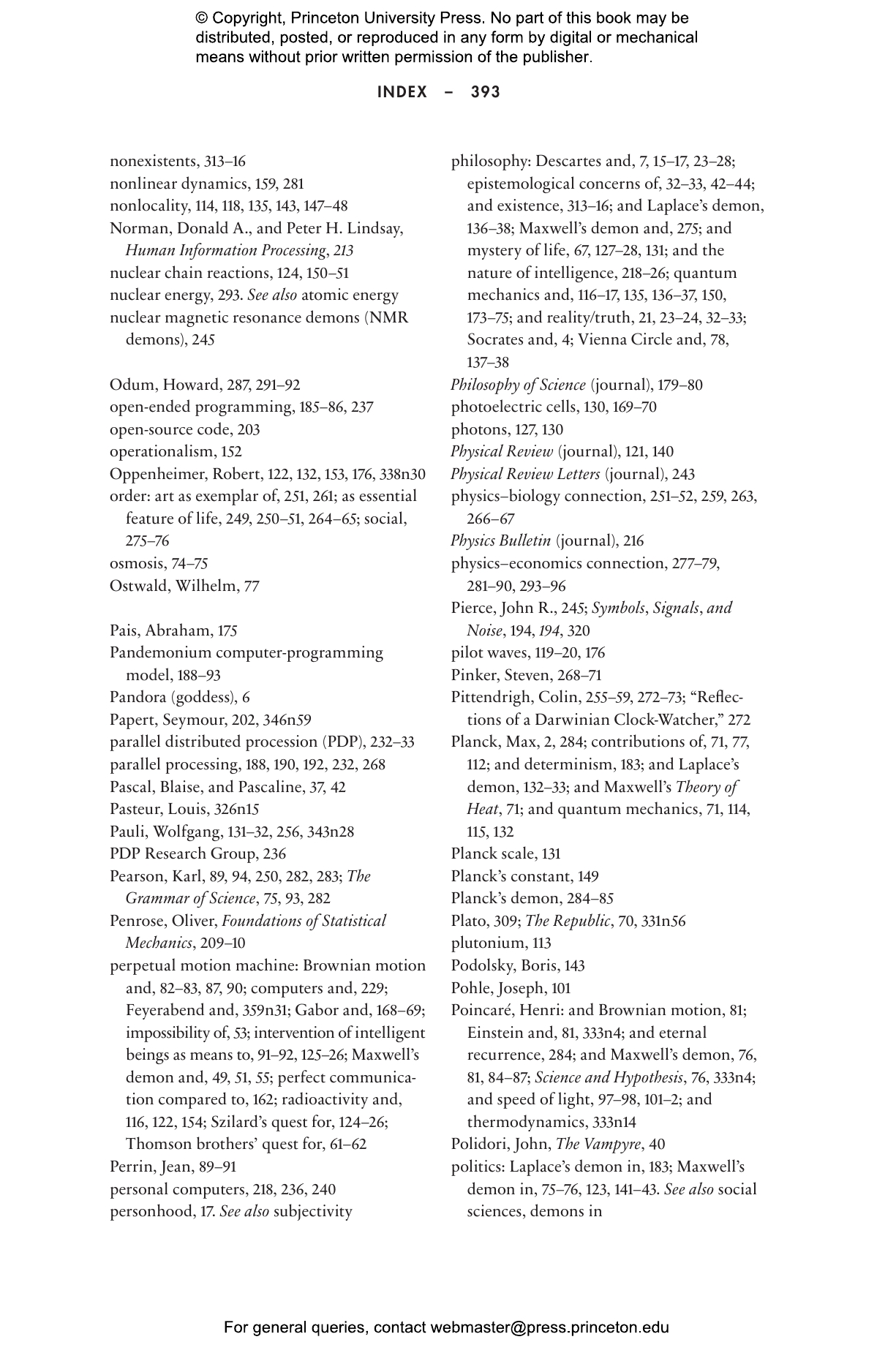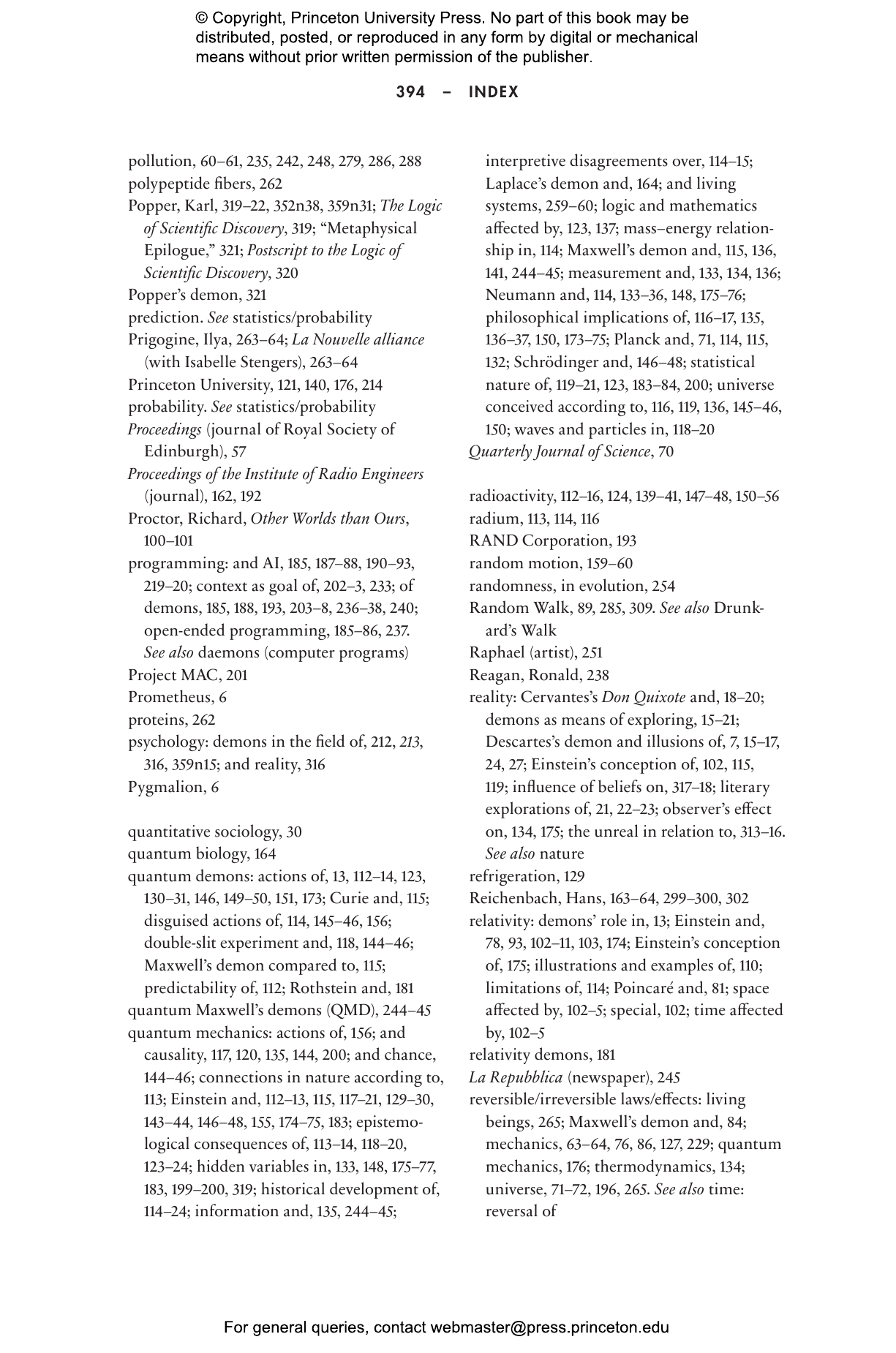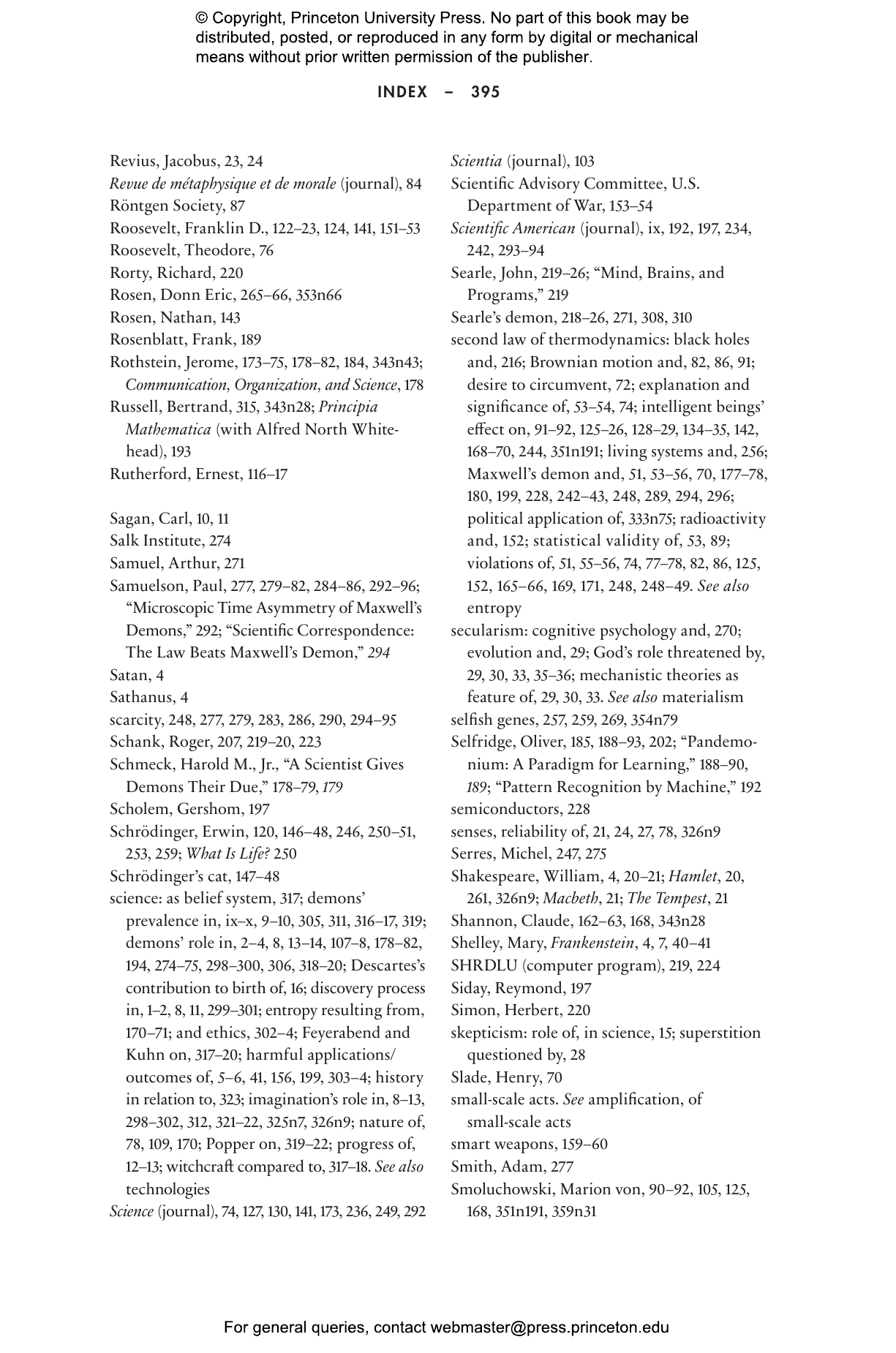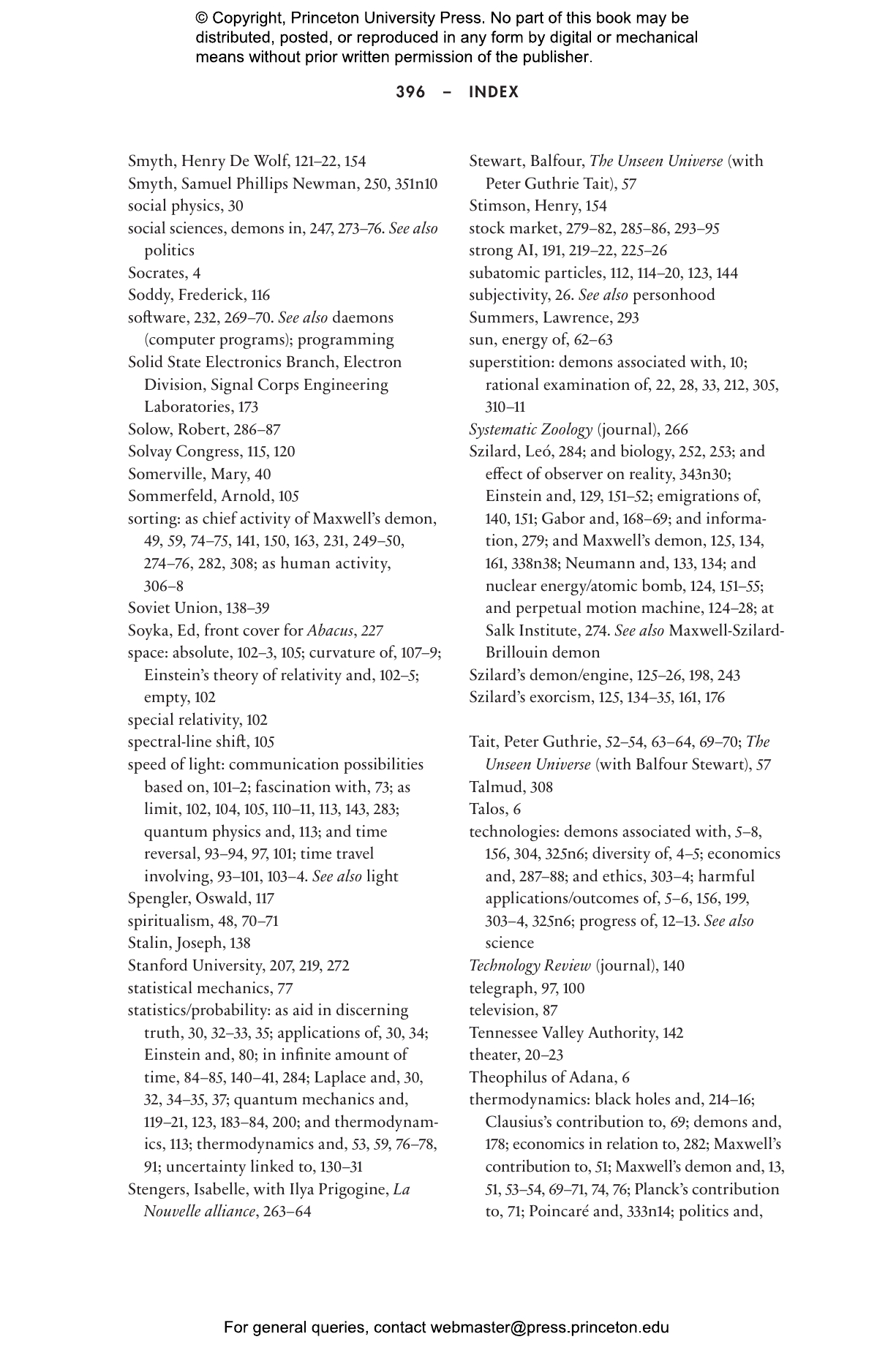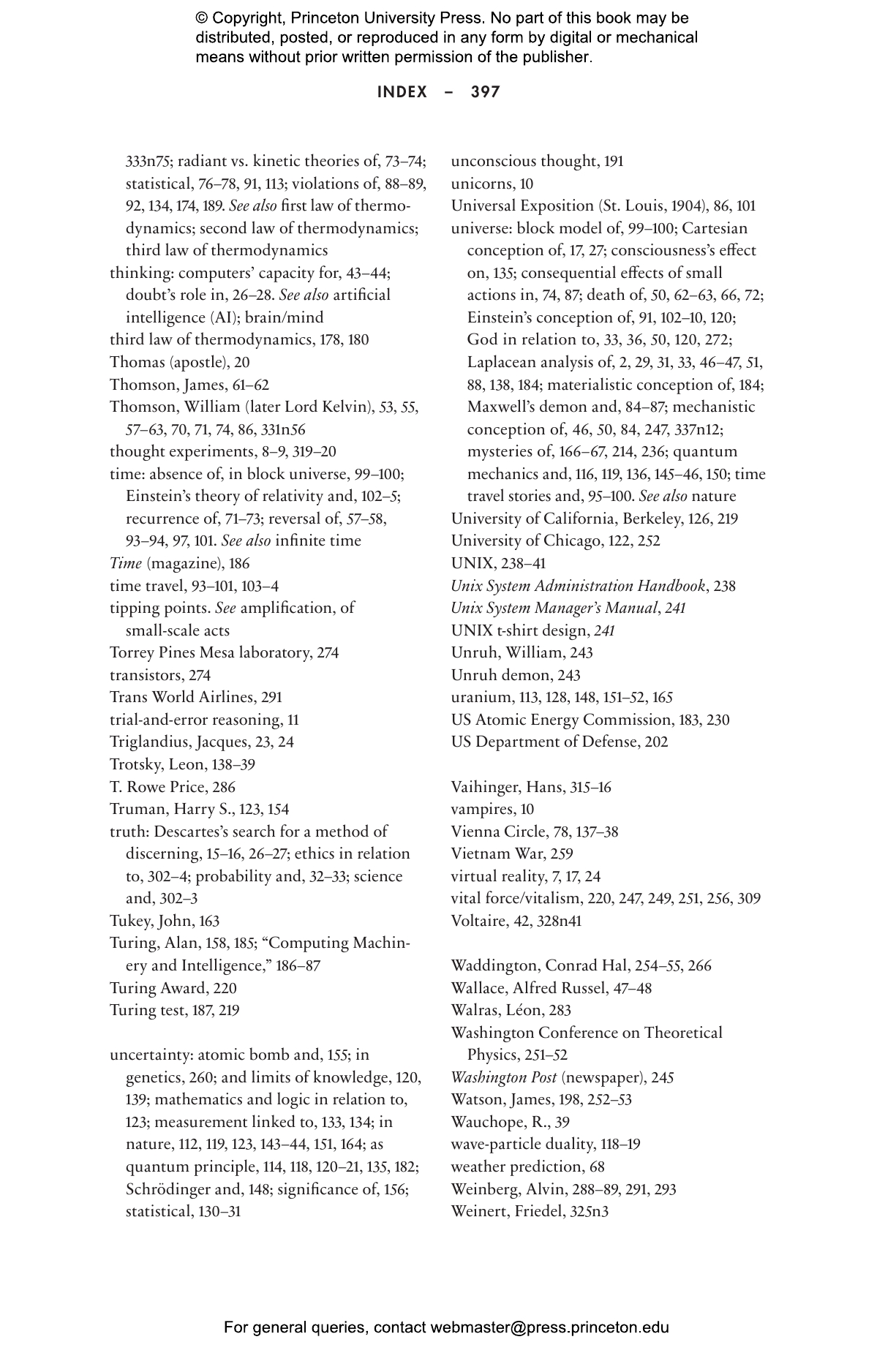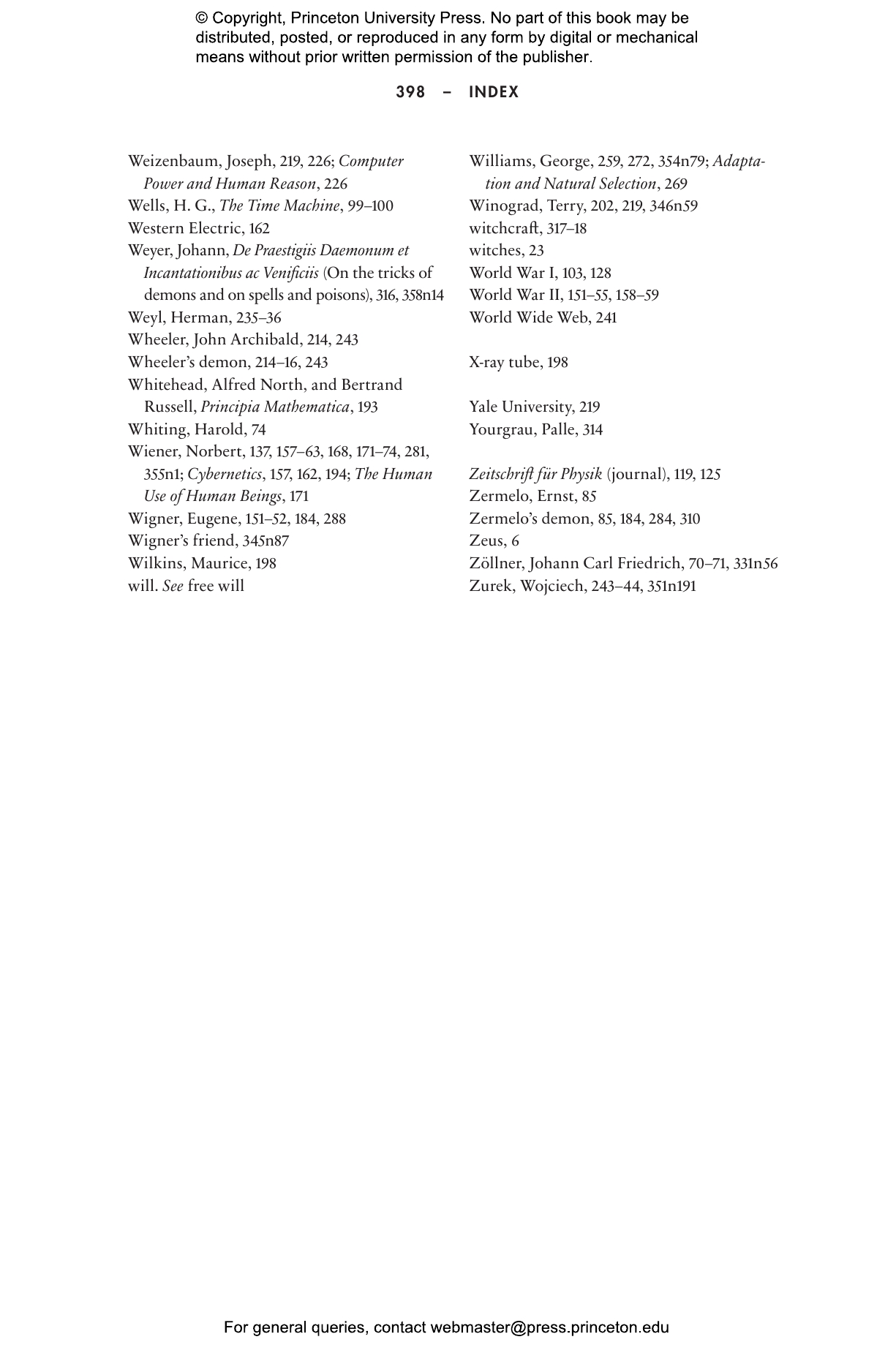Science may be known for banishing the demons of superstition from the modern world. Yet just as the demon-haunted world was being exorcized by the enlightening power of reason, a new kind of demon mischievously materialized in the scientific imagination itself. Scientists began to employ hypothetical beings to perform certain roles in thought experiments—experiments that can only be done in the imagination—and these impish assistants helped scientists achieve major breakthroughs that pushed forward the frontiers of science and technology.
Spanning four centuries of discovery—from René Descartes, whose demon could hijack sensorial reality, to James Clerk Maxwell, whose molecular-sized demon deftly broke the second law of thermodynamics, to Darwin, Einstein, Feynman, and beyond—Jimena Canales tells a shadow history of science and the demons that bedevil it. She reveals how the greatest scientific thinkers used demons to explore problems, test the limits of what is possible, and better understand nature. Their imaginary familiars helped unlock the secrets of entropy, heredity, relativity, quantum mechanics, and other scientific wonders—and continue to inspire breakthroughs in the realms of computer science, artificial intelligence, and economics today.
The world may no longer be haunted as it once was, but the demons of the scientific imagination are alive and well, continuing to play a vital role in scientists’ efforts to explore the unknown and make the impossible real.
"Bedeviled admirably insists on recording the plain history of science. It just so happens that the history of that most rational of human endeavors reads at times like a Gothic tale, one replete with evil geniuses, time travelers and uncanny intelligences lurking in reality’s obscure corners."—Jess Keiser, Washington Post
"Thought-provoking and highly readable . . . A welcome contribution to the philosophy of scientific discovery that deserves further scholarly attention."—Jan G. Michel, Science
"A brilliant, challenging overview of the myth-driven scientific endeavors that transform human understandings of the world."—Foreword Reviews
"The workings of powerful computers, the processes of evolution, the market forces that drive the global economy. To conceptualize such unseen forces, researchers have long invoked thought experiments involving demons, devils, golems or genies . . . Canales has given us a glimpse into this haunted realm."—Ramin Skibba, Nature
"At the very same time that science was said to be demystifying the world, Canales shows us, scientists were populating it all over again with the demonic. . . . [Canales] links her demonology to what she calls 'the audacity of our imagination,' our ability to imagine what does not yet exist or seems as if it cannot be real."—Casey Cep, New Yorker
"In this fascinating and informative book Canales treats the reader to a rich feast of scientific demons, tracing their histories and relevance from atomic and molecular physics to computer science and biology, including a chapter on demons in the global economy."—V. V. Raman, Choice
"A welcome, in-depth historical investigation of the many functions that demons have played and continue to play in science and technology."—Rawad El Skaf, History and Philosophy of the Life Sciences
"Jimena Canales comes at science from a strange and original angle—and it pays off brilliantly. Listen to the demons!"—James Gleick, author of Time Travel: A History
"Jimena Canales is one of the finest contemporary writers on science, at once a dedicated scholar and a captivating entertainer. In Bedeviled, she has hit on a wonderfully curious subject, and has written a fascinating book. Who knew how many scientists had their own little devils whispering into their ears?"—John Banville, author of Mrs. Osmond
"Hovering between the human and the divine, the thought experiment and whimsy, the demons of science do an impressive amount of conceptual work, as Jimena Canales shows in her wide-ranging, readable book. By hunting down the demons of physics, biology, economics, and other sciences, Canales writes a new history of modern science from a fresh and imaginative viewpoint."—Lorraine Daston, director emerita, Max Planck Institute for the History of Science in Berlin
"In this terrific book, Jimena Canales shows how demons expose the fault lines of our scientific understanding. Maxwell's demon, Descartes's demon, Searle's demon—for centuries these preternatural thought-guides have stood for the articulated contradictions that provoke radical innovation. In flowing and engaging prose, Canales tackles arenas ranging from thermodynamics and relativity to biology, AI, and economics, bringing us a thoroughly original history of scientific demonology in which science, paradox, and the imagination cross."—Peter Galison, Harvard University
"In this hauntology of modern science, Jimena Canales performs a gentle exorcism: the corpus of technoscientific hyperrationalism is laid before the reader, and with a sure hand Canales brings forth its 'demons' one by one—Descartes's, Laplace's, Maxwell's. These and more flutter up from the history of science, which is here retold as an eternal return of the (barely) repressed. What reason will not allow, it again and again enlists to work in the shadowlands that edge the world as we know it."—D. Graham Burnett, Princeton University
"Brilliantly conceived and written. Canales offers an entirely new perspective on well-known episodes in science, and on subjects as diverse as thermodynamics, evolution, neuroscience, and quantum mechanics. Readers will never look at demons the same way again."—Robert P. Crease, author of The Workshop and the World: What Ten Thinkers Can Teach Us about Science and Authority
"Thought provoking and entertaining. Canales casts the history of science in a new light, one in which an underworld of imaginary creatures features prominently. This wonderful book illustrates the fundamental role of imagination in science."—Oren Harman, author of Evolutions: Fifteen Myths That Explain Our World
"A rich and wide-ranging book on the intriguing topic of demons as they have figured in scientific imagination."—James Robert Brown, author of Platonism, Naturalism, and Mathematical Knowledge



